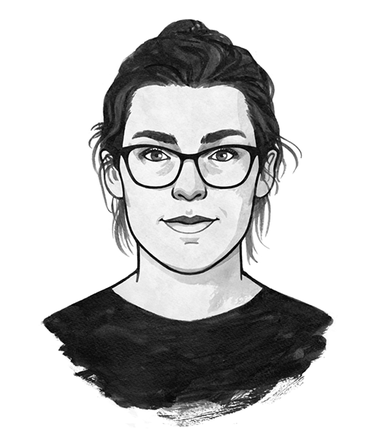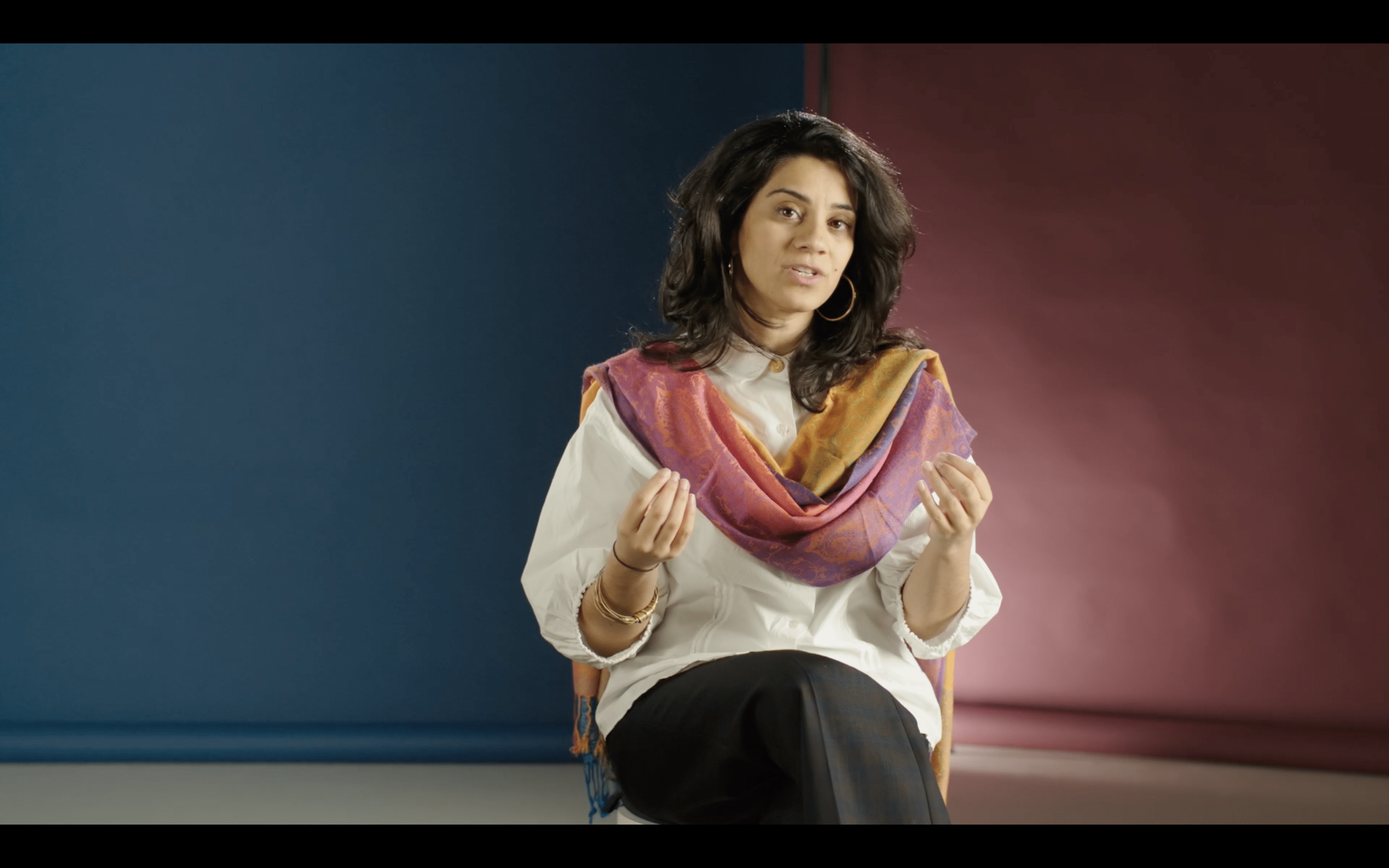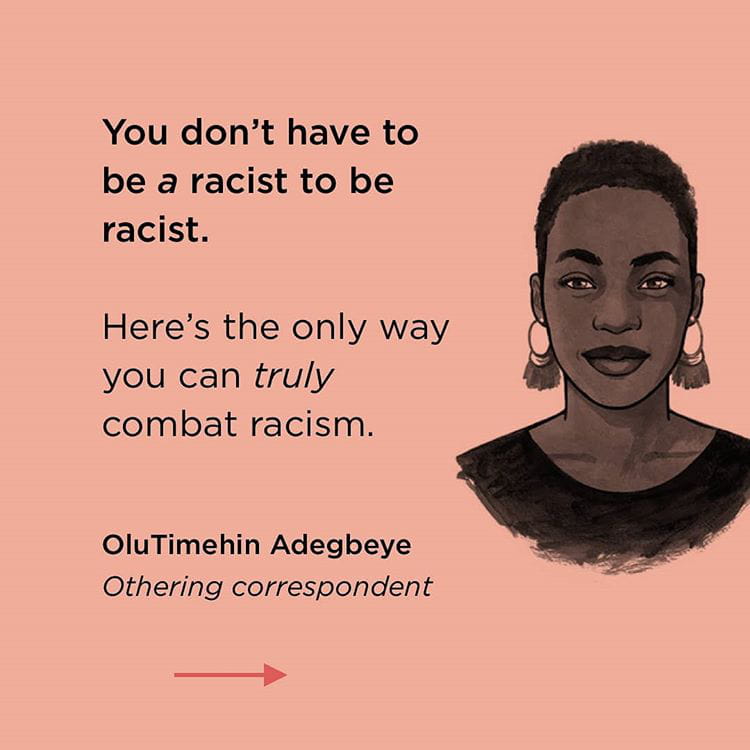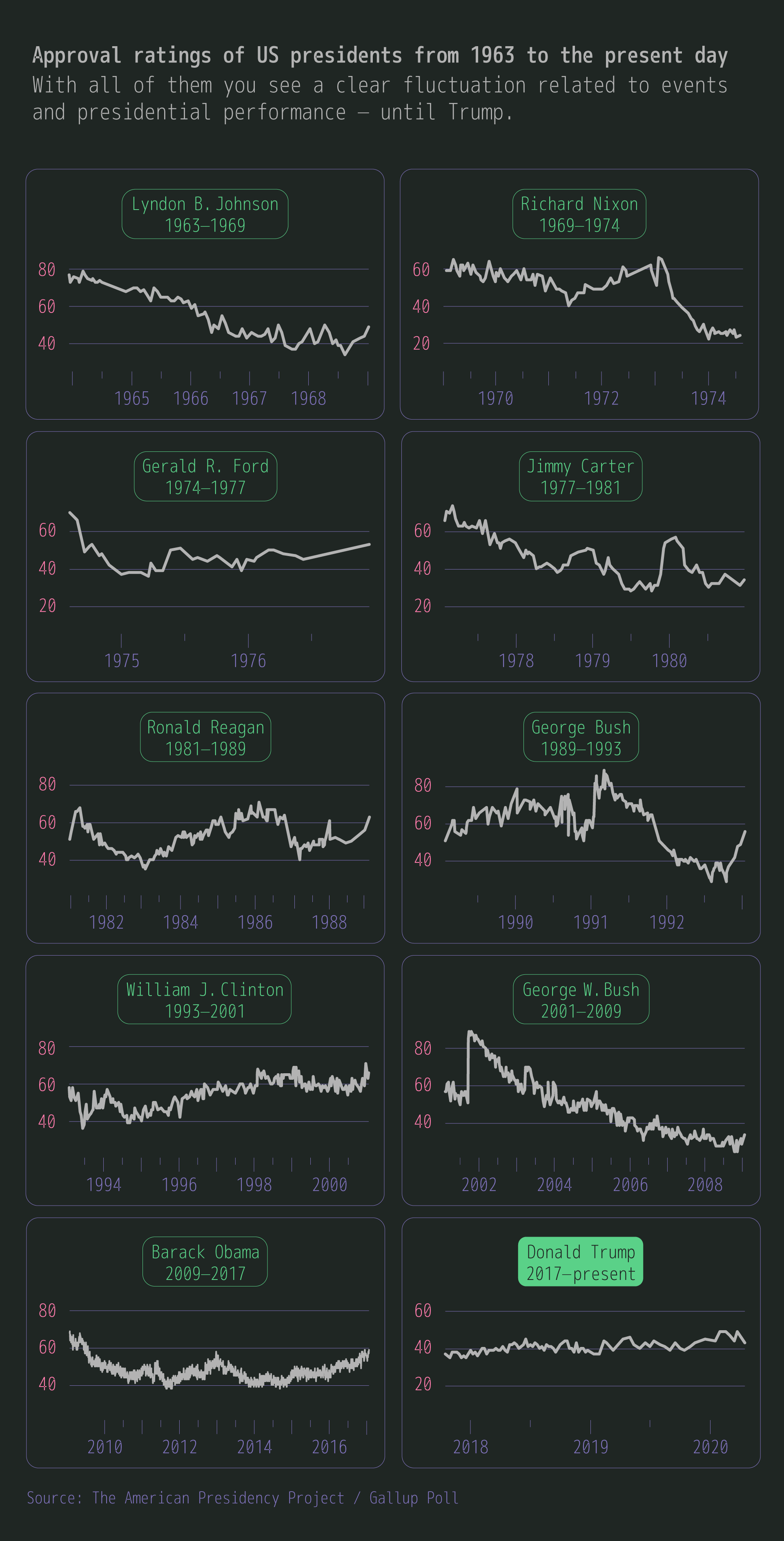Take a journey through the very best of our stories, visual journalism, podcasts, and insights from members and experts, shaped around the themes that truly define us.
I’ll explain each section as we go, but first: learn how member-funded, independent journalism can make tomorrow’s world better than today’s from managing editor Eliza Anyangwe and founding editor Rob Wijnberg.
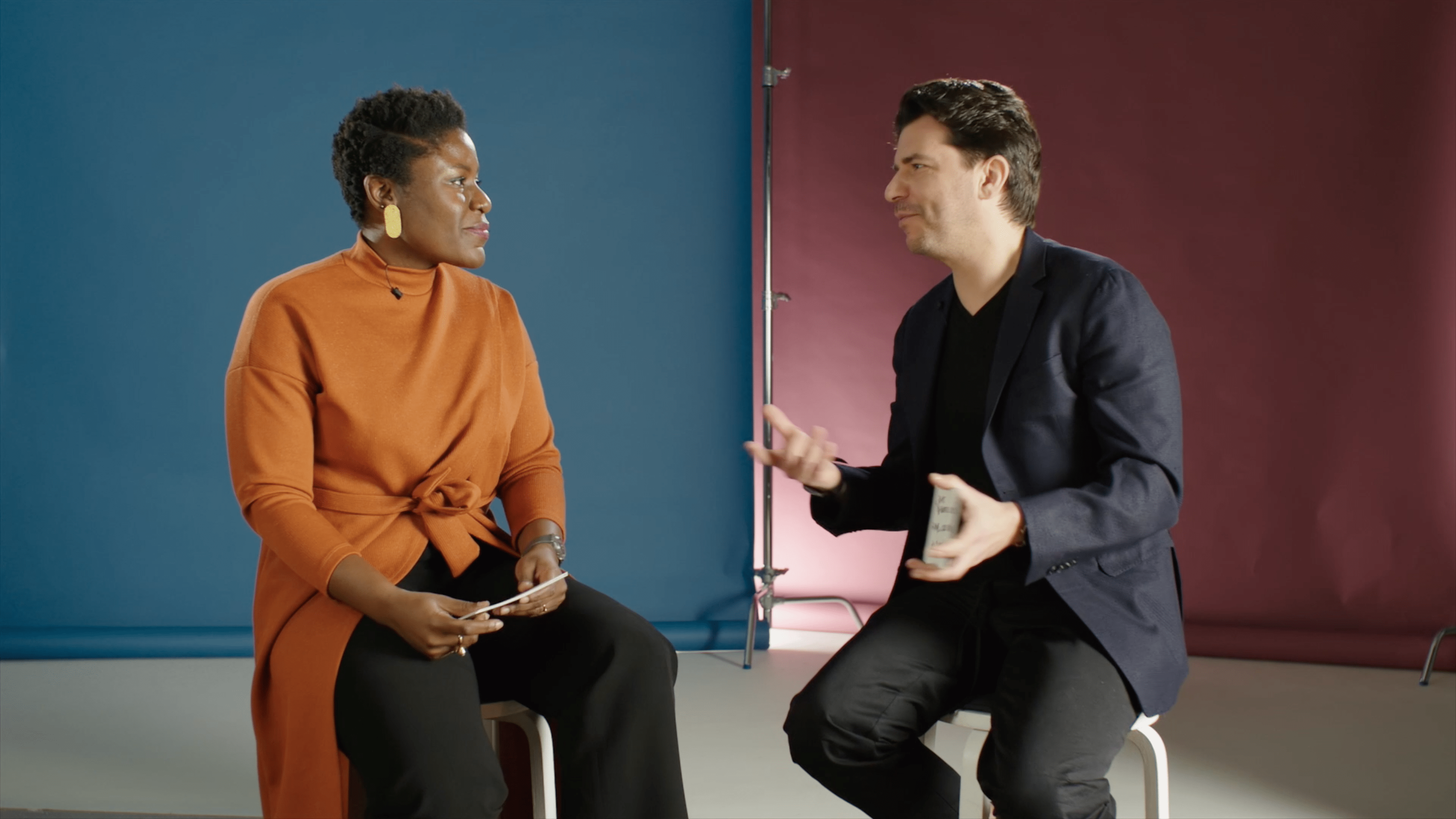
What will you
explore first?
Future gazing
What might the future look like and how can we help shape it?
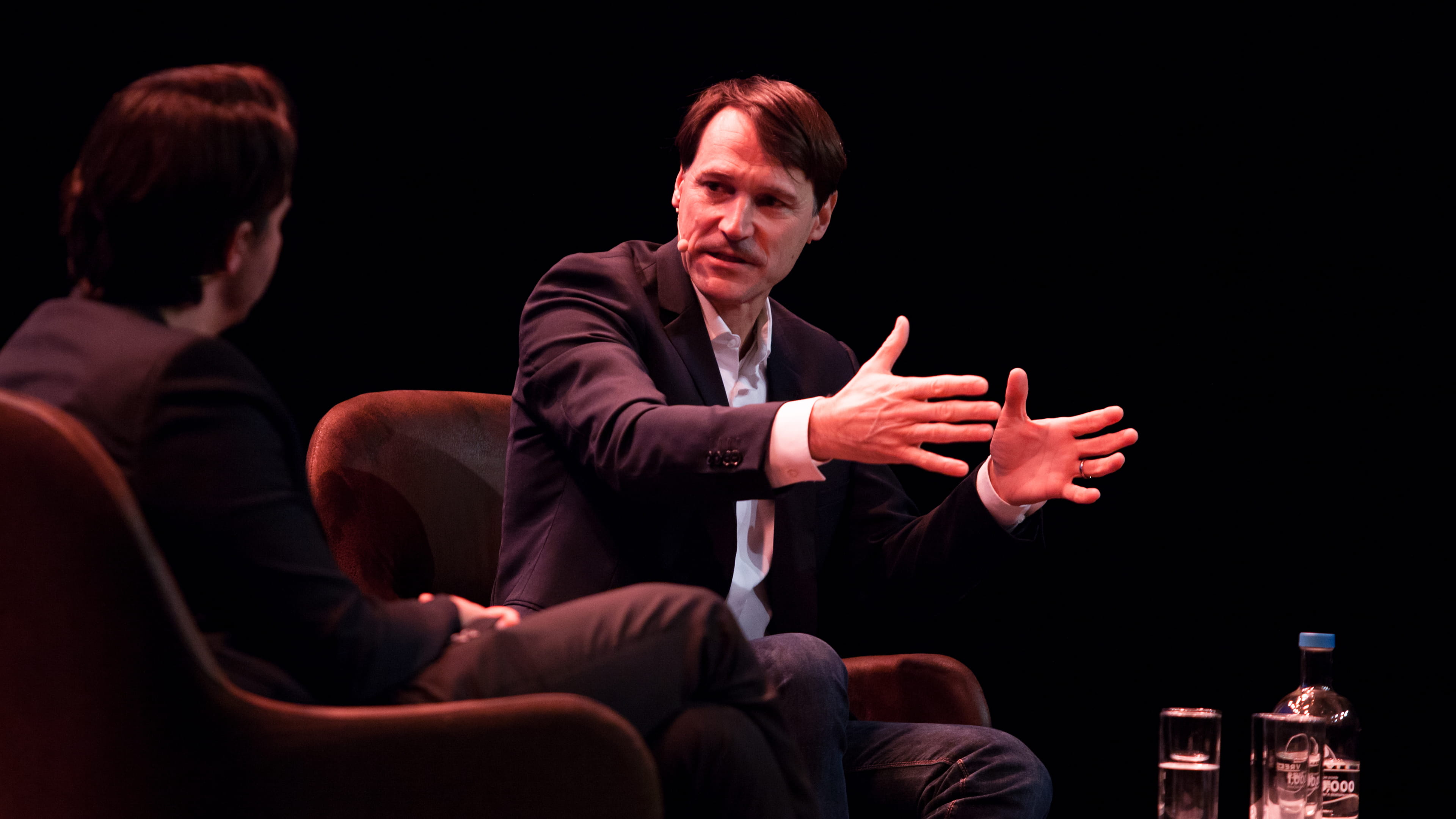 Can you quit the news and still change the world?
Swiss author Rolf Dobelli believes that most news is irrelevant to our lives. In a conversation in front of a live audience, we explore the value of current affairs and whether democracy can survive without the daily bulletin.
Can you quit the news and still change the world?
Swiss author Rolf Dobelli believes that most news is irrelevant to our lives. In a conversation in front of a live audience, we explore the value of current affairs and whether democracy can survive without the daily bulletin.
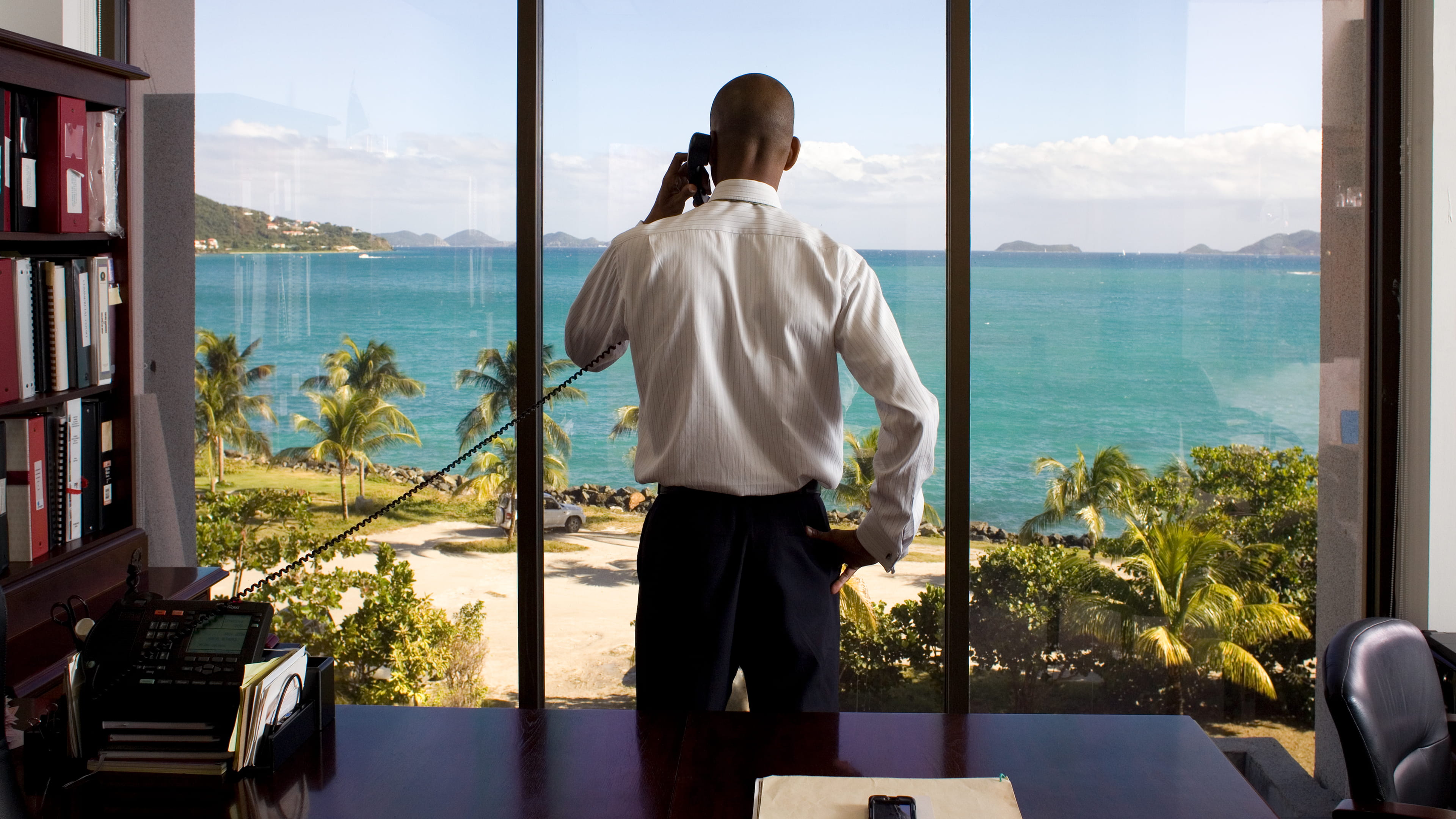 The global financial system is collapsing. Here’s a three-step plan to take back control
A political economist outlines a three-step plan to right our broken global financial system.
The global financial system is collapsing. Here’s a three-step plan to take back control
A political economist outlines a three-step plan to right our broken global financial system.
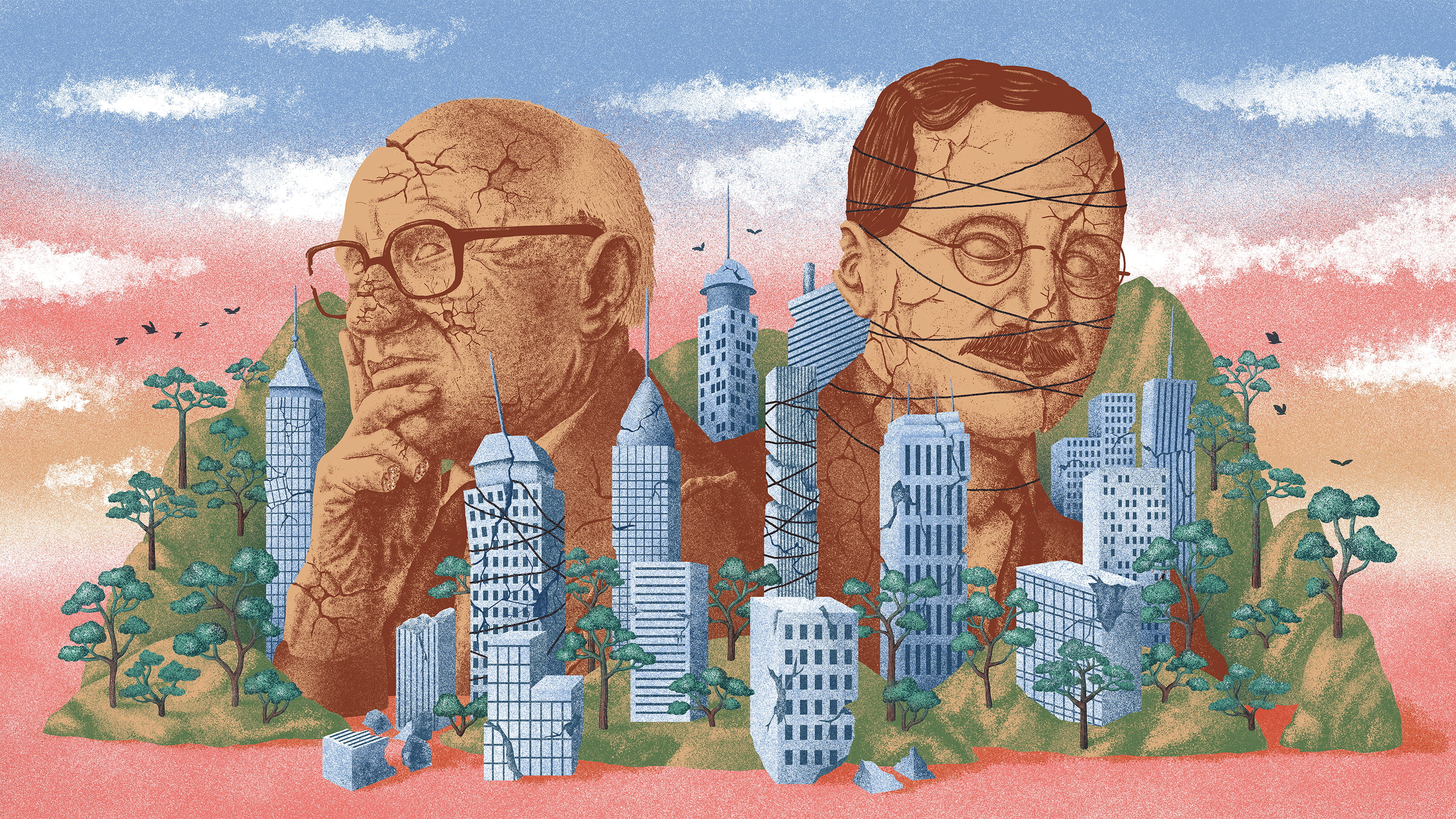 The neoliberal era is ending. What comes next?
"Nobody knows where this crisis will lead us. But compared to the last time, at least we’re more prepared."
The neoliberal era is ending. What comes next?
"Nobody knows where this crisis will lead us. But compared to the last time, at least we’re more prepared."
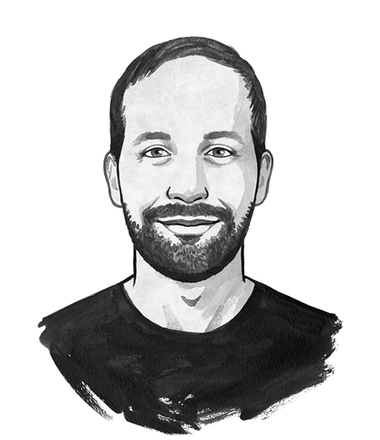 In 2030 we ended the climate emergency. Here’s how
“Our story of the 2020s is yet to be written, but we can decide today whether or not it will be revolutionary … There are an infinite number of possible paths ahead of us, and what follows is just one of them … ”
In 2030 we ended the climate emergency. Here’s how
“Our story of the 2020s is yet to be written, but we can decide today whether or not it will be revolutionary … There are an infinite number of possible paths ahead of us, and what follows is just one of them … ”
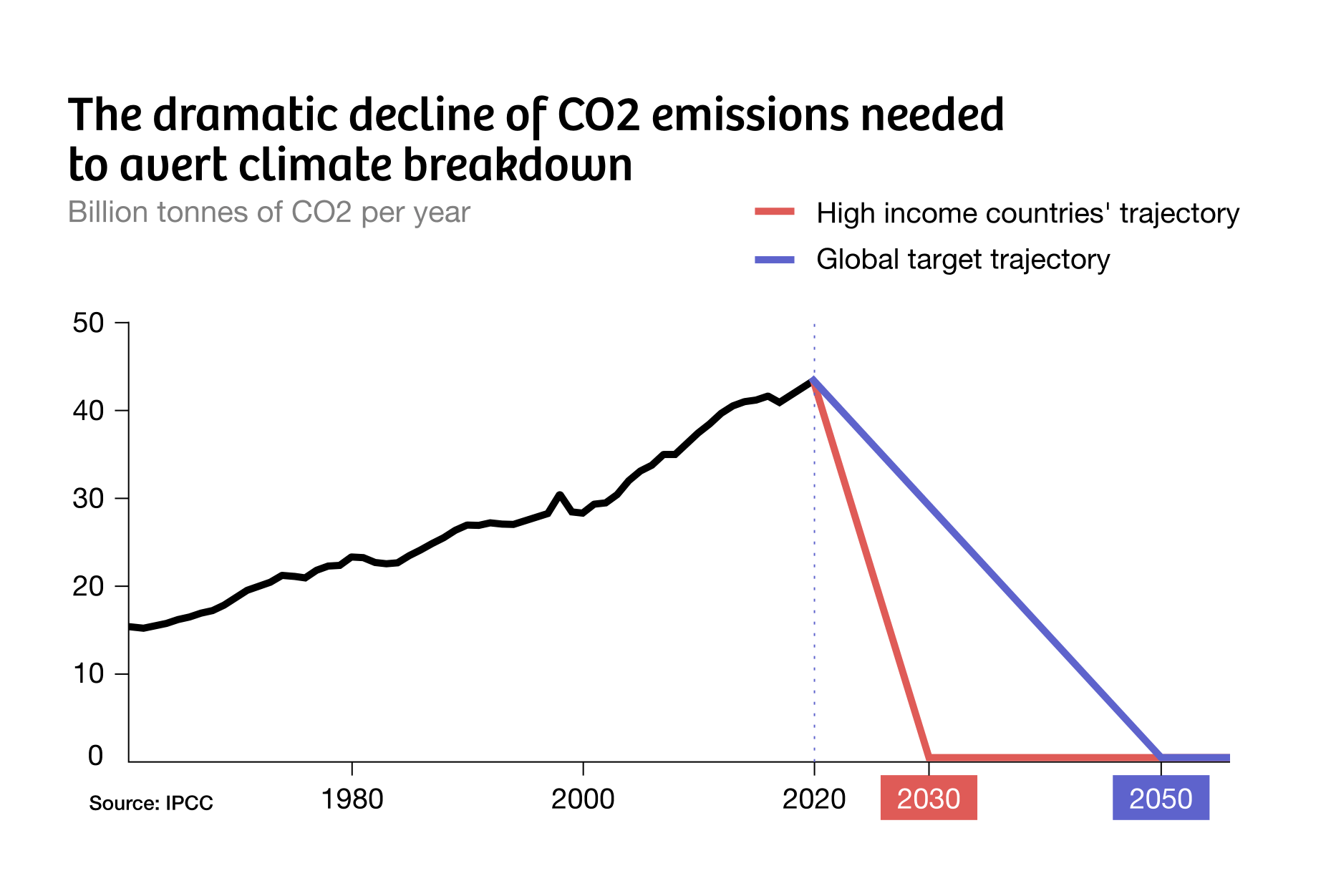 Outgrowing growth: why quality of life, not GDP, should be our measure of success
"We’ve built up a global fossil fuel infrastructure over the past 250 years, and now we have to completely overhaul it in only 30. Everything has to change in a matter of decades. "
Outgrowing growth: why quality of life, not GDP, should be our measure of success
"We’ve built up a global fossil fuel infrastructure over the past 250 years, and now we have to completely overhaul it in only 30. Everything has to change in a matter of decades. "
Opening up the fourth estate
Why and how we do journalism with you, not just for you
"Our journalism doesn’t just begin and end with the published article. We’re in constant conversation with people on the platform who want to share the things that they know about," says conversation editor Nabeelah Shabbir.
Members are at the centre of our journalism, from the very beginning, until long after a story is published. They’re a huge source of knowledge, our strongest critics, and our biggest fans. Here’s how we do journalism with you:
@The_Corres, it didn’t take me long to choose what I wanted to kick off with: Guilt. Shame. Forgiveness. Stuff that I was grappling with in my own head.
This year, I’m taking cues from readers. This is what they want me to write about. 1/ If you want to find good journalism backed by its community, you should consider checking out @The_Corres. Quality writing and stories that create positive ripples for us all. Congrats! I love love the work you put in and the refreshing feeling after reading your journalism. You could pick any piece ! It’s hard to do generative narratives, and harder to make them go viral. Keep going, you’re all a doing a brilliant job 👏🏻
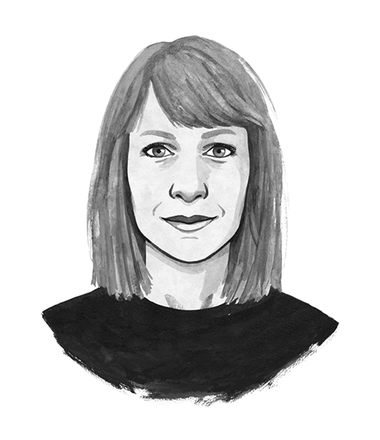 Welcome to the Member Quarterly
“Think of this as member support’s public notebook of what interacting with members has achieved so far.”
Welcome to the Member Quarterly
“Think of this as member support’s public notebook of what interacting with members has achieved so far.”Member support manager Carmen Schaack shows how members have helped shape our journalism and ethos.
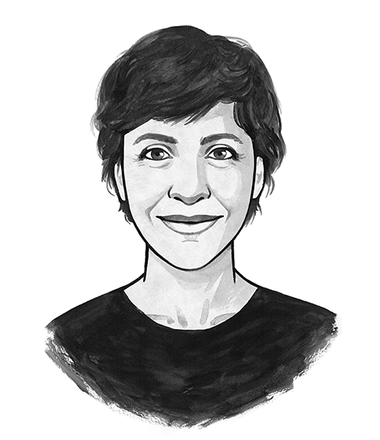 Let’s get our v-words right! And other lessons members have taught me
First 1,000 Days correspondent Irene Caselli shares three important lessons members have taught her while she’s been covering her beat.
Let’s get our v-words right! And other lessons members have taught me
First 1,000 Days correspondent Irene Caselli shares three important lessons members have taught her while she’s been covering her beat.
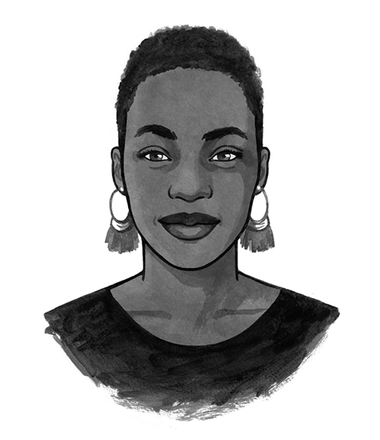 Sapiens: groundbreakingly original in the history it tells, predictably disappointing in the history it leaves out
“Does this history have room for a queer African female human?”
Sapiens: groundbreakingly original in the history it tells, predictably disappointing in the history it leaves out
“Does this history have room for a queer African female human?” In her online book club, The Other Shelf, Othering correspondent OluTimehin Adegbeye discusses with members the books that inform her journalism.
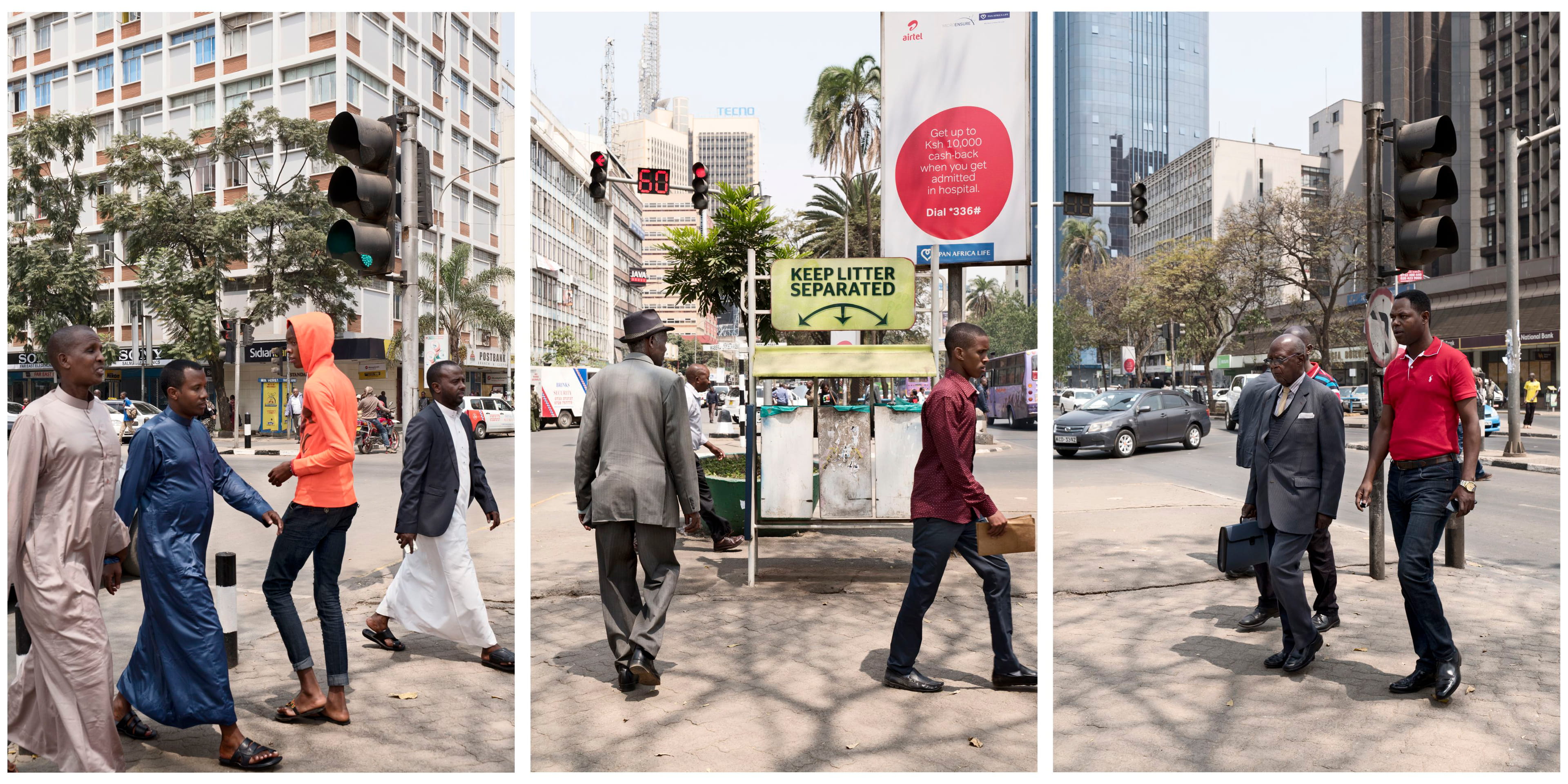 Why the name of your street is a sign of the times – and what to do about it
These images from the series Museum of the Revolution (Guy Tillim / VU Agency) show Kenyatta Avenue in Nairobi. Under British colonial rule, the street was called Lord Delamere Avenue, in honour of a British colonial administrator. Following independence in 1963, the street was renamed after the independence leader, ‘Mzee’ Jomo Kenyatta.
Why the name of your street is a sign of the times – and what to do about it
These images from the series Museum of the Revolution (Guy Tillim / VU Agency) show Kenyatta Avenue in Nairobi. Under British colonial rule, the street was called Lord Delamere Avenue, in honour of a British colonial administrator. Following independence in 1963, the street was renamed after the independence leader, ‘Mzee’ Jomo Kenyatta.Members shared their own street names and signs that were a sign of the times – colonial or otherwise – under this article by Everyday Colonialism correspondent, Elliot Ross.
Modern dilemmas
Asking and finding answers for some of the biggest questions of our time
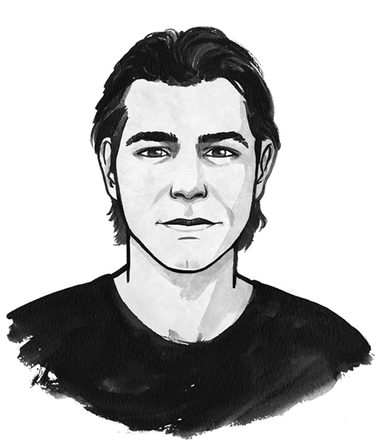 The problem with real news and what we can do about it
“Everything in the world has a history. Because the news usually keeps its eye trained on today, it blinds us to the longer term, both past and future. But there’s something we can do about it.”
The problem with real news and what we can do about it
“Everything in the world has a history. Because the news usually keeps its eye trained on today, it blinds us to the longer term, both past and future. But there’s something we can do about it.”
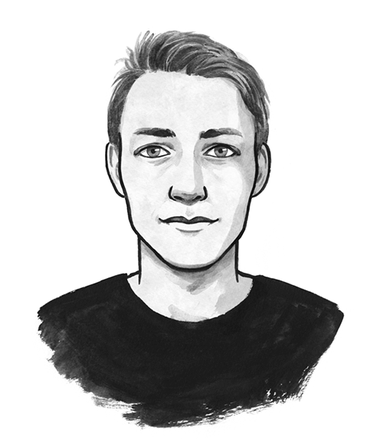 The new dot com bubble is here: it’s called online advertising
“I used to believe that tech giants were all-knowing entities. But while writing this story, I have come to realise that this belief is as wrong as it is popular.”
The new dot com bubble is here: it’s called online advertising
“I used to believe that tech giants were all-knowing entities. But while writing this story, I have come to realise that this belief is as wrong as it is popular.”
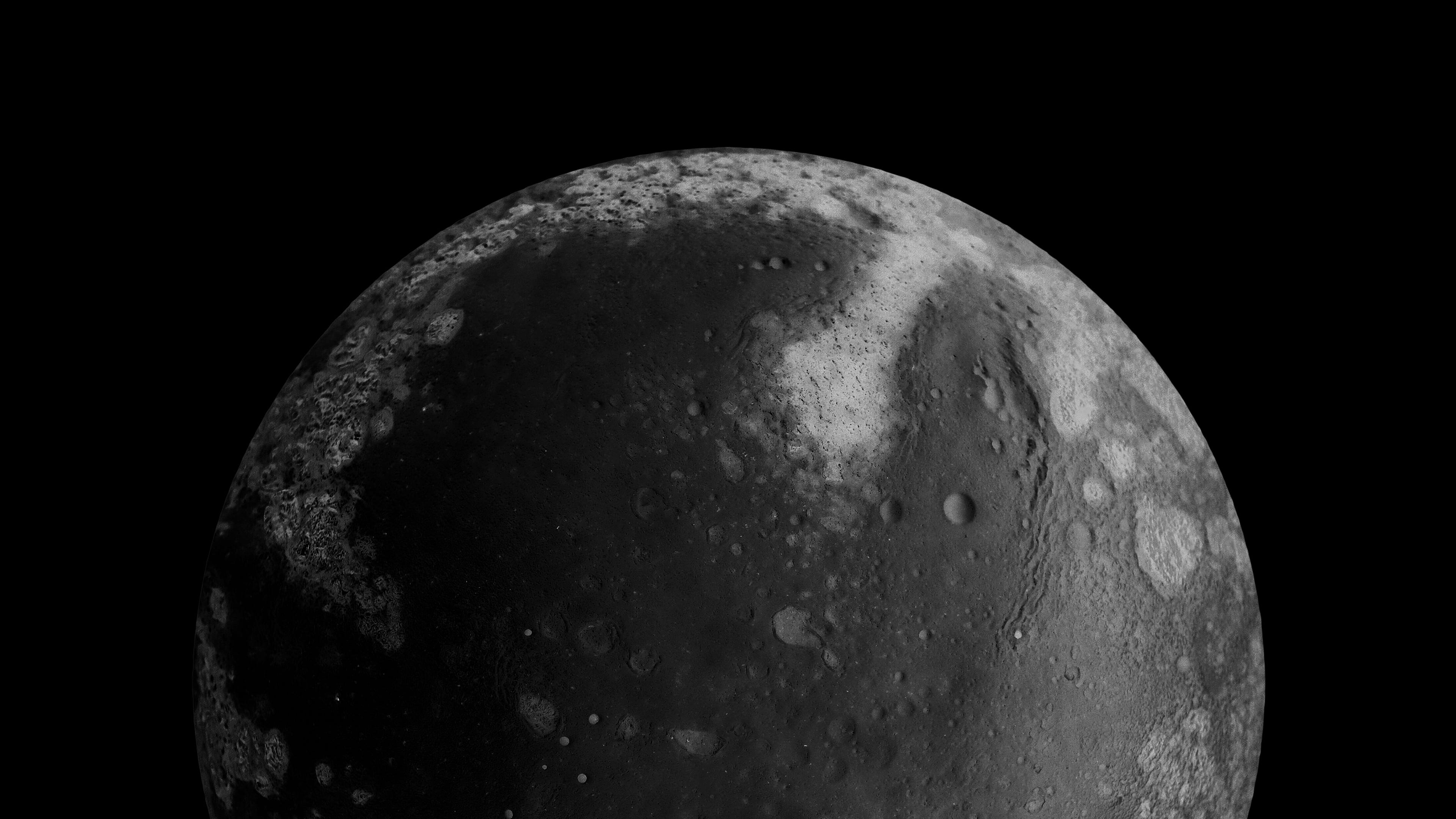 Why clever people say silly things
More knowledge is touted as the vaccine against ‘alternative facts’, half-truths and misconceptions. But what if our brains are the problem, not the solution?
Why clever people say silly things
More knowledge is touted as the vaccine against ‘alternative facts’, half-truths and misconceptions. But what if our brains are the problem, not the solution?"Our brain works like a lawyer; it will find the arguments to defend our convictions, whatever the cost or the facts."
 From the myth of meritocracy to the rise of bullshit jobs – it’s time we admit work doesn’t make us happy
"Offering frills in the office is much easier than fixing the big structural problems that are almost always at the root of people’s disgruntlement, not the lack of a sleep pod at work or uninspiring snacks."
From the myth of meritocracy to the rise of bullshit jobs – it’s time we admit work doesn’t make us happy
"Offering frills in the office is much easier than fixing the big structural problems that are almost always at the root of people’s disgruntlement, not the lack of a sleep pod at work or uninspiring snacks."
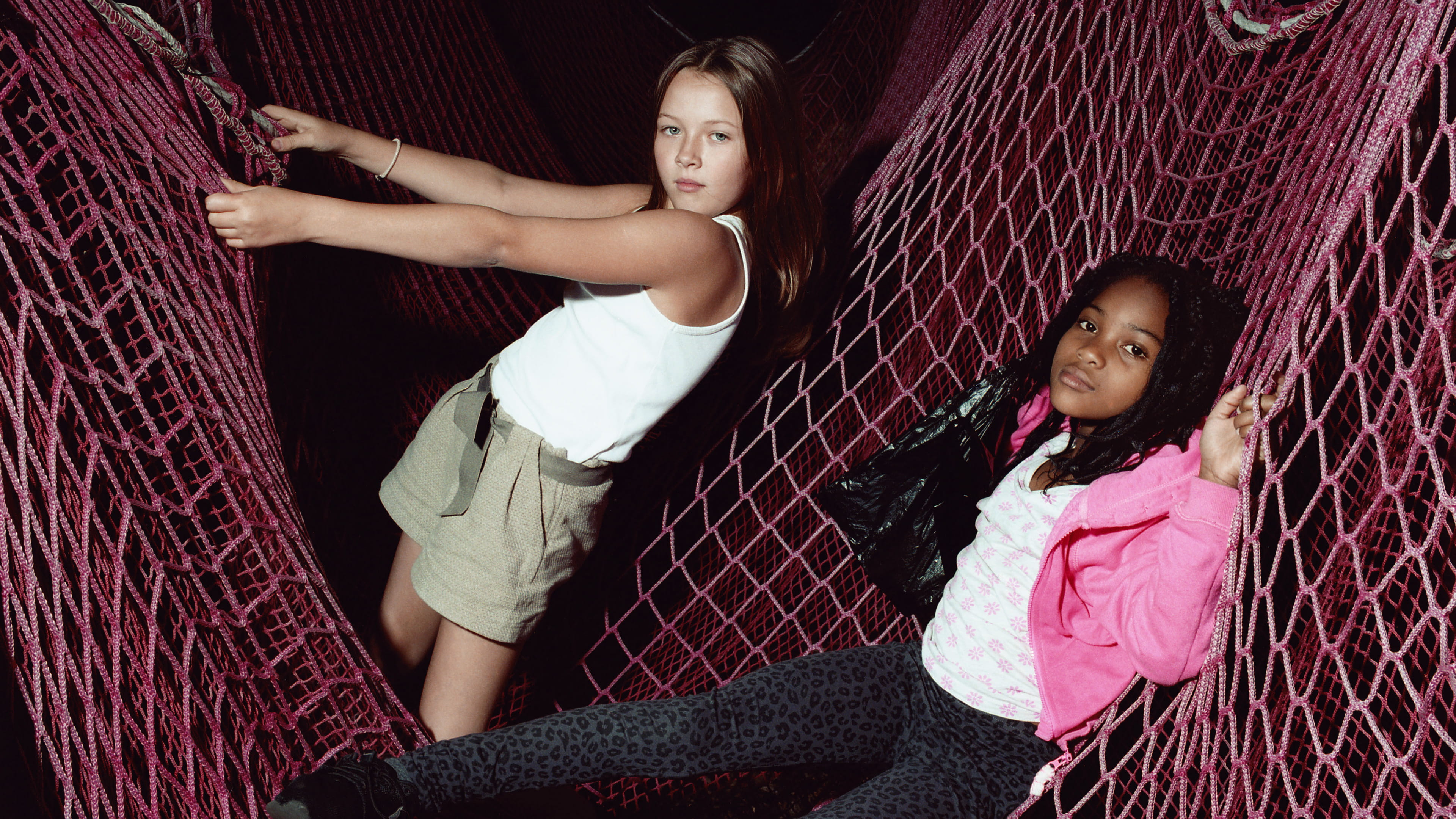 Meet the parenting expert who thinks parenting is a terrible invention
Correspondents Irene Caselli and Lynn Berger spoke with renowned developmental psychologist and parenting expert who had some pointed advice to parents: stop parenting.
Meet the parenting expert who thinks parenting is a terrible invention
Correspondents Irene Caselli and Lynn Berger spoke with renowned developmental psychologist and parenting expert who had some pointed advice to parents: stop parenting.
Think again!
Looking beyond the headlines to reveal the ways the world really works
News is mostly about what happens today, but rarely about what happens every day. It covers the most sensational exceptions, leaving you uninformed about the rules that govern our world and lives. We’re redefining what news is about, by shifting the focus to the foundational and uncovering the stories beyond the headlines.
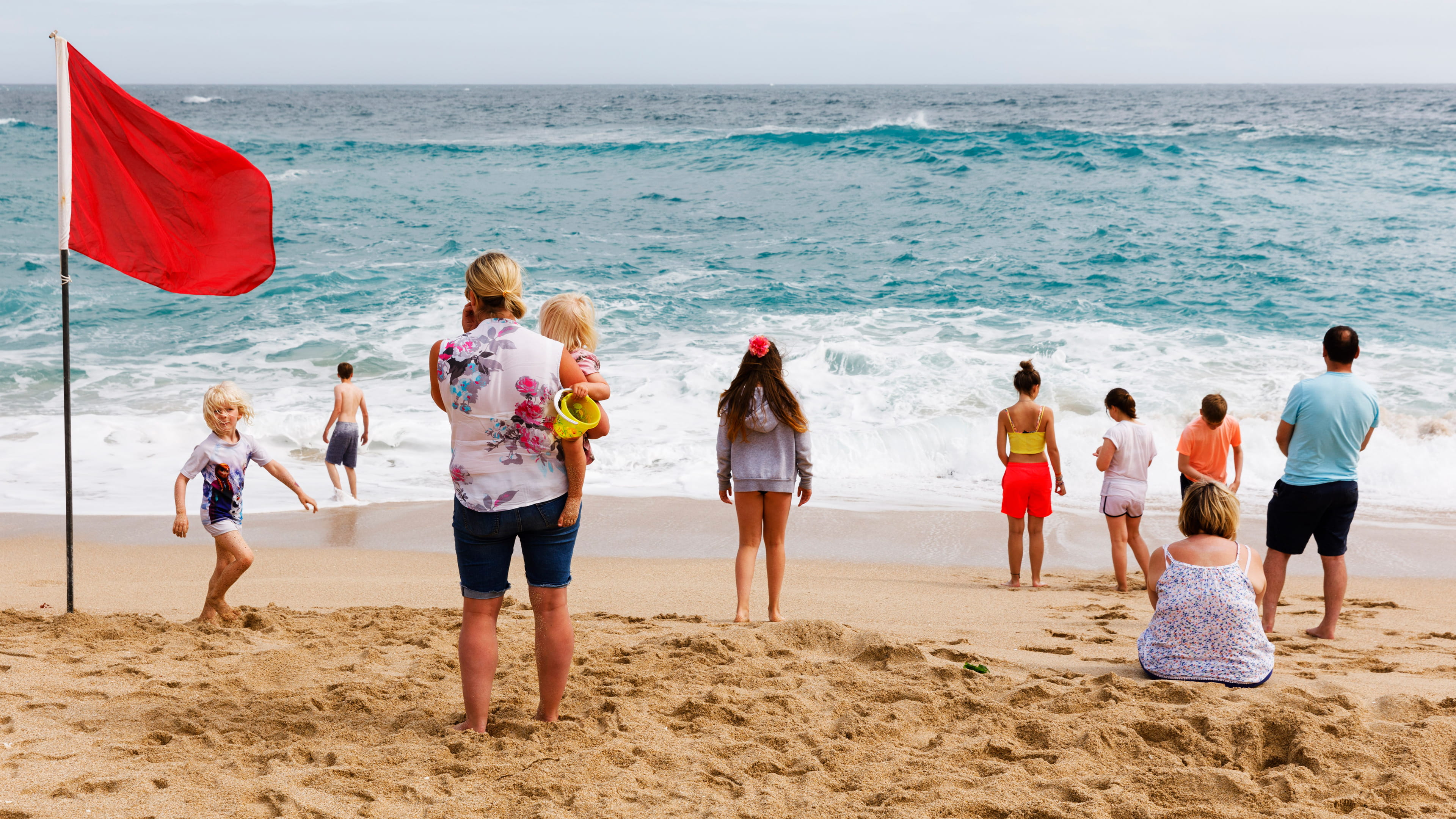 The biggest story in the UK is not Brexit. It’s life expectancy
“The numbers of people dying, week in, week out, tell us more about the four countries of the UK than we could ever hope to learn from the attention given to Brexit. This is a kingdom falling apart.”
The biggest story in the UK is not Brexit. It’s life expectancy
“The numbers of people dying, week in, week out, tell us more about the four countries of the UK than we could ever hope to learn from the attention given to Brexit. This is a kingdom falling apart.”
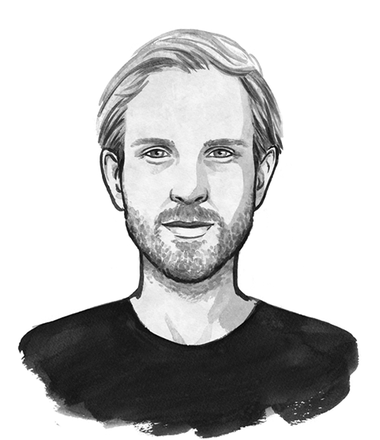 Poverty isn’t a lack of character. It’s a lack of cash
“People living in poverty have an analogous problem. They’re making bad decisions not because they are stupid but because they’re living in a context in which anyone would make bad decisions.”
Poverty isn’t a lack of character. It’s a lack of cash
“People living in poverty have an analogous problem. They’re making bad decisions not because they are stupid but because they’re living in a context in which anyone would make bad decisions.”
 The original Big Tech is working closer than ever with governments to combat coronavirus – with no scrutiny
The original Big Tech is working closer than ever with governments to combat coronavirus – with no scrutiny
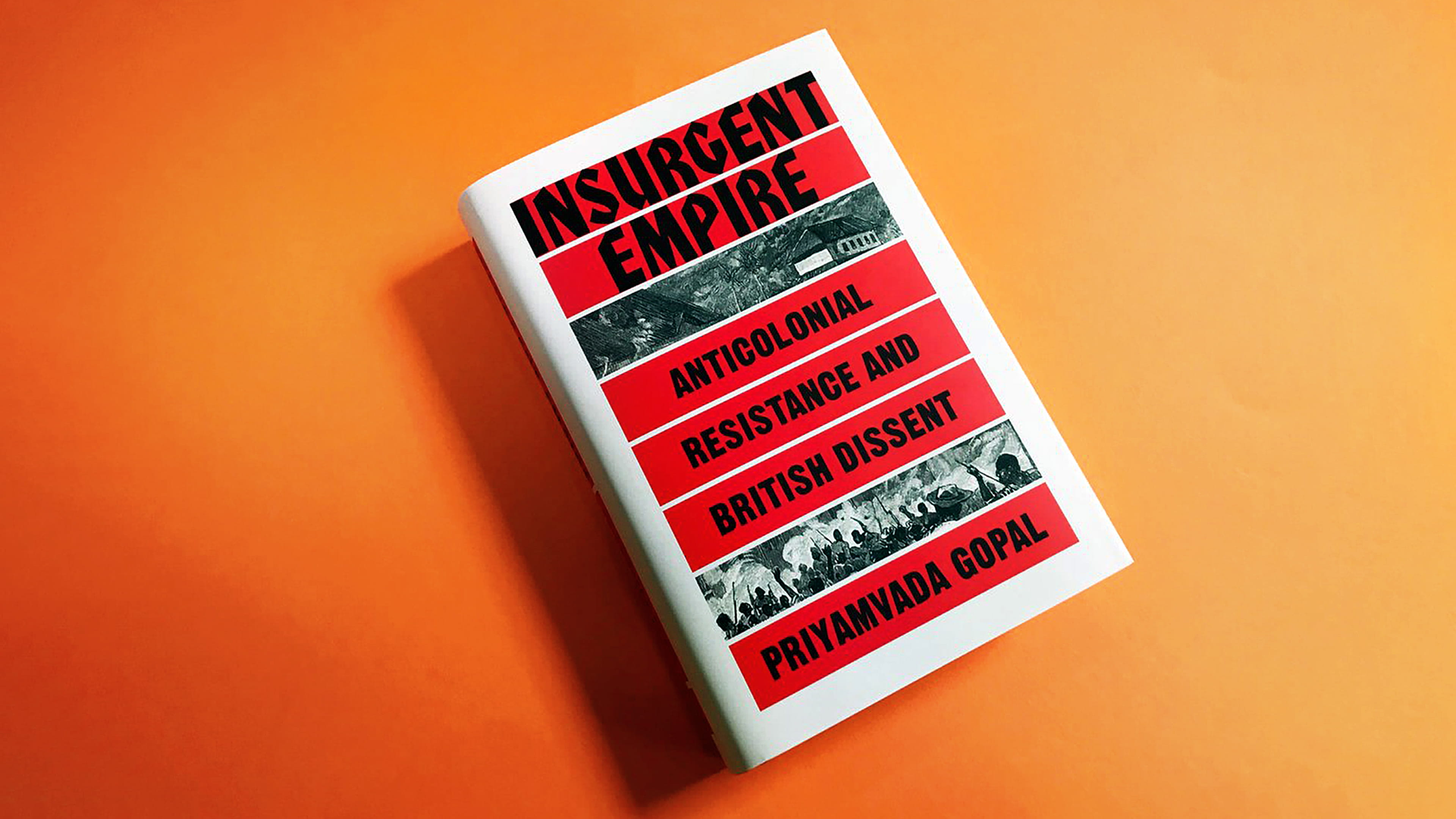 First rule of fight club: power concedes nothing without a struggle
Post-postmodern human: aware of everything, willing to change nothing
“Our role as consumers has superseded our role as citizens. As consumers, we not only practise economic amnesia but live economic lives – with satisfying our needs as our most important moral compass.”
First rule of fight club: power concedes nothing without a struggle
Post-postmodern human: aware of everything, willing to change nothing
“Our role as consumers has superseded our role as citizens. As consumers, we not only practise economic amnesia but live economic lives – with satisfying our needs as our most important moral compass.”
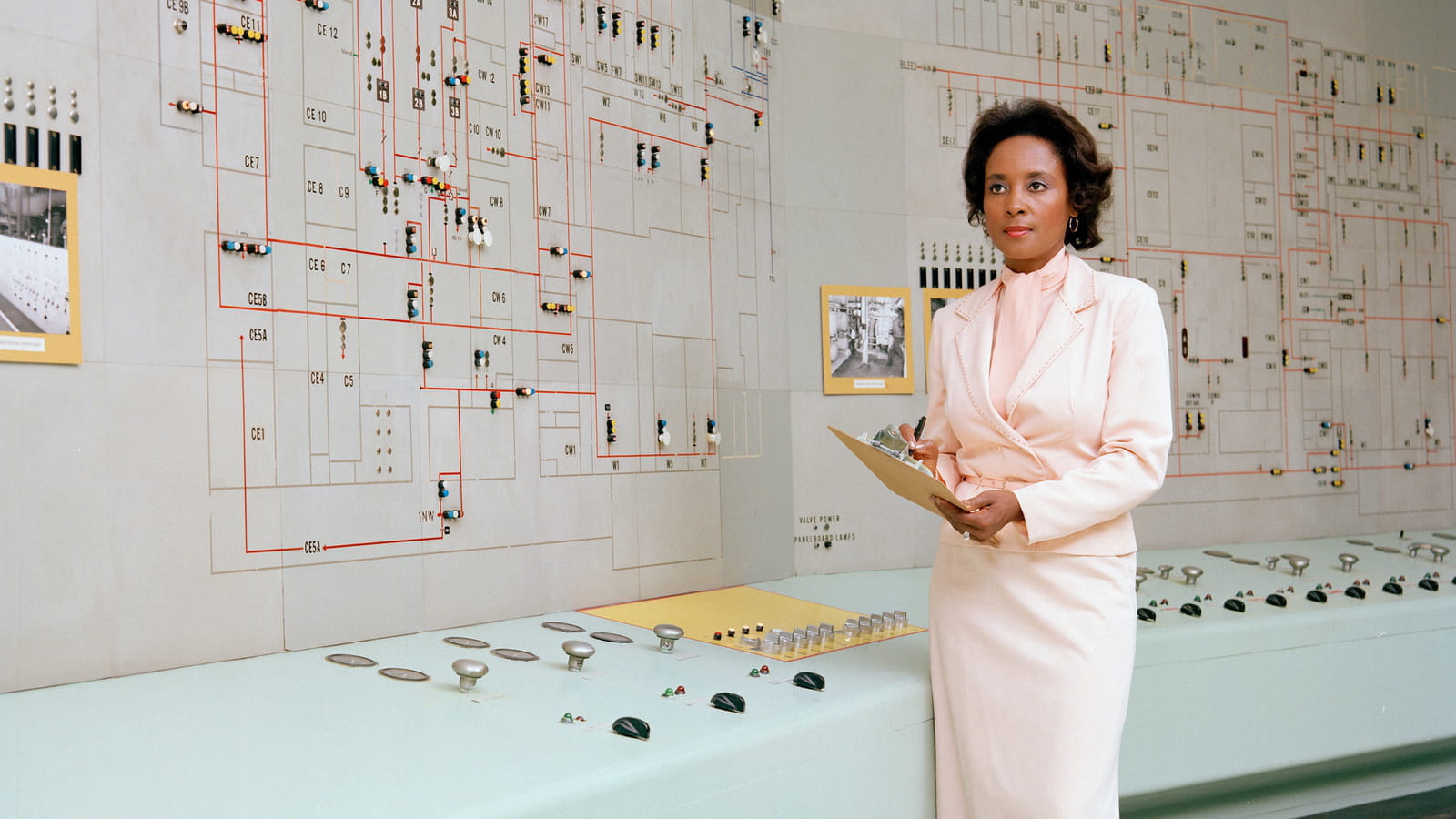 Algorithms that run our lives are racist and sexist. Meet the women trying to fix them
Women were the first computer programmers. Now, they’re the most likely to find themselves at the wrong end of a computer’s decision. These are the women trying to unbias AI.
Algorithms that run our lives are racist and sexist. Meet the women trying to fix them
Women were the first computer programmers. Now, they’re the most likely to find themselves at the wrong end of a computer’s decision. These are the women trying to unbias AI.
Our wondrous world
A look at the highs and lows of living on planet Earth
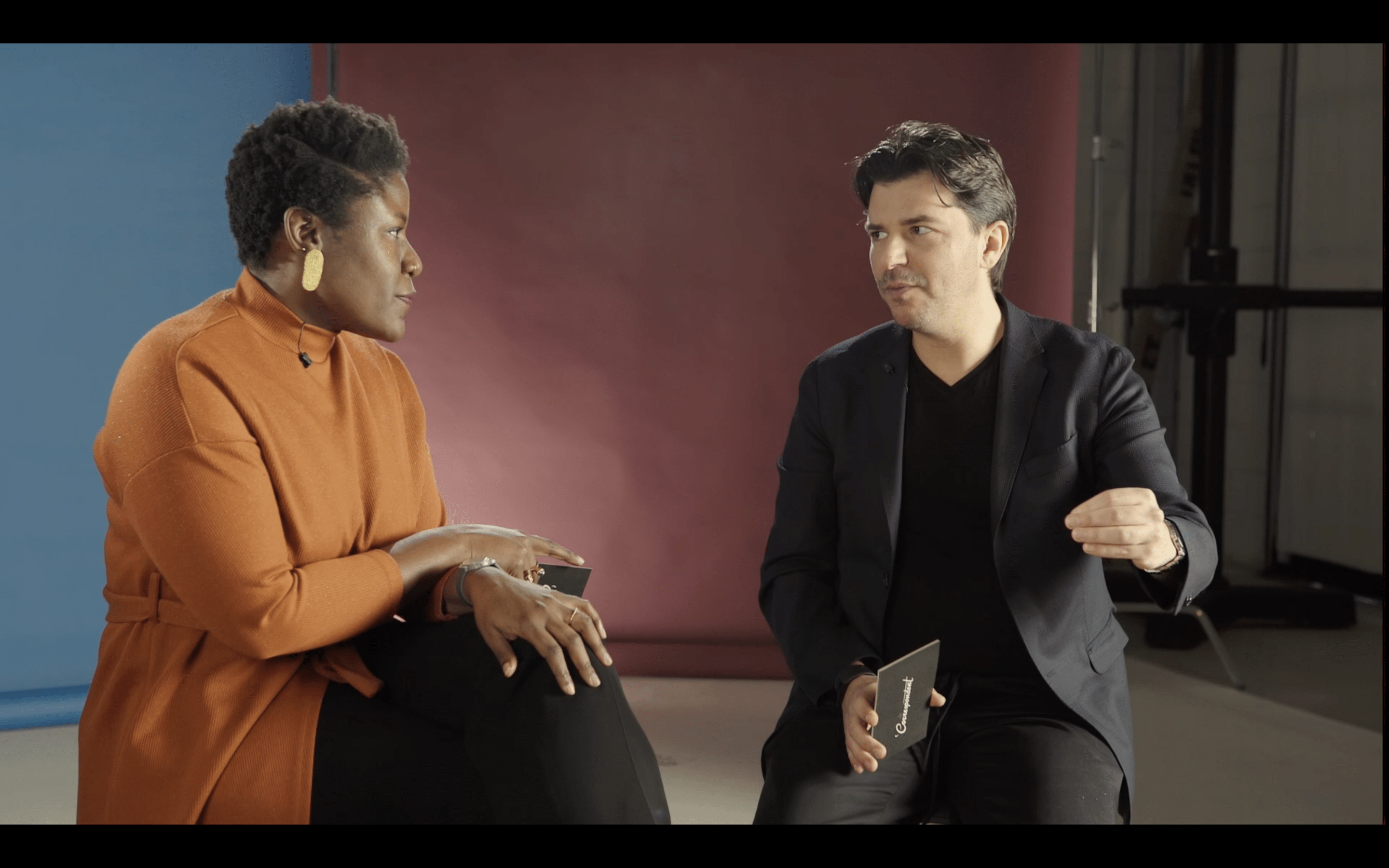 Our problems don’t stop at borders so why should our journalism?
Our problems don’t stop at borders so why should our journalism?
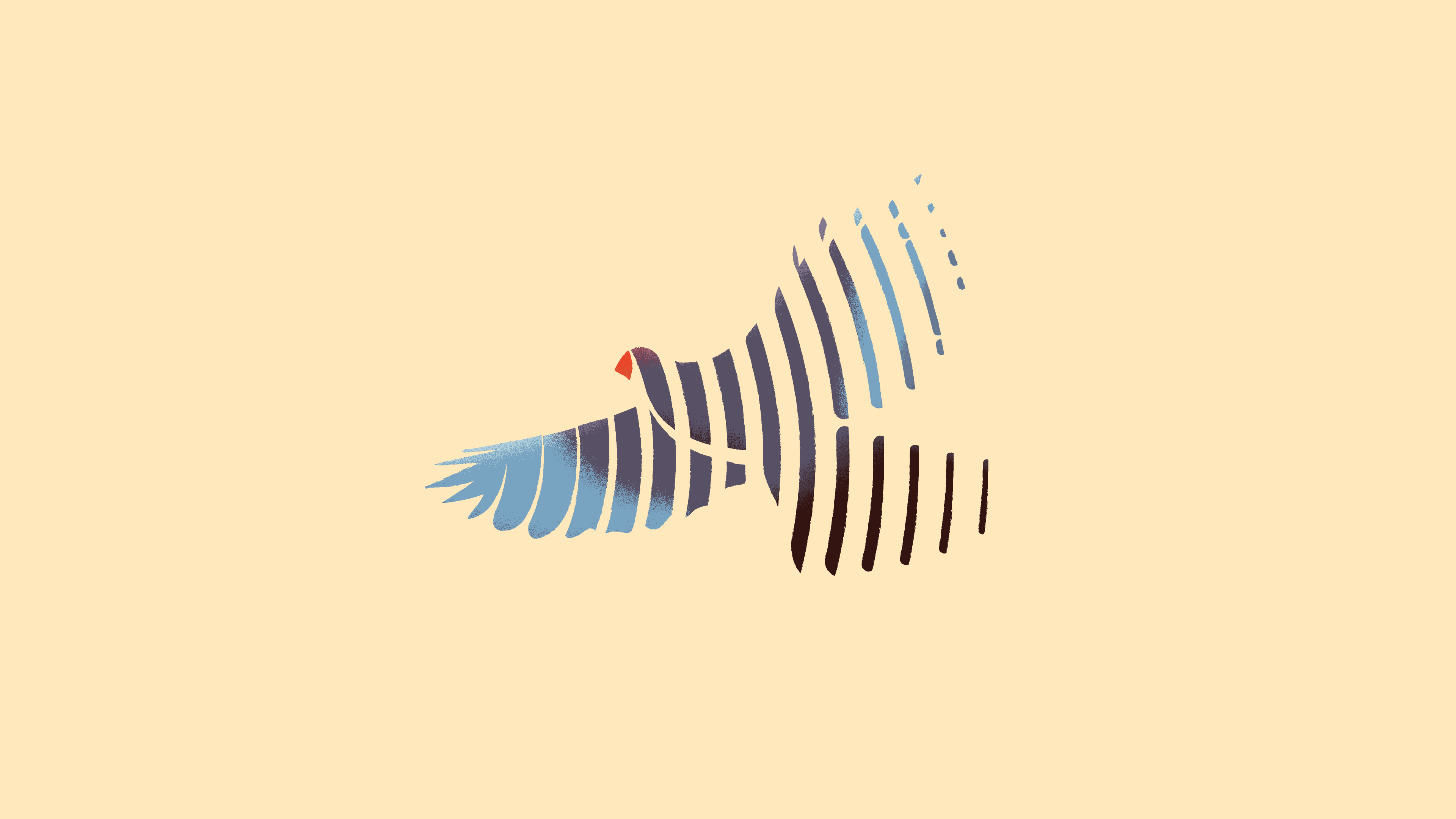 Now listen, really listen: the pristine sounds of nature can change your life
Now listen, really listen: the pristine sounds of nature can change your life
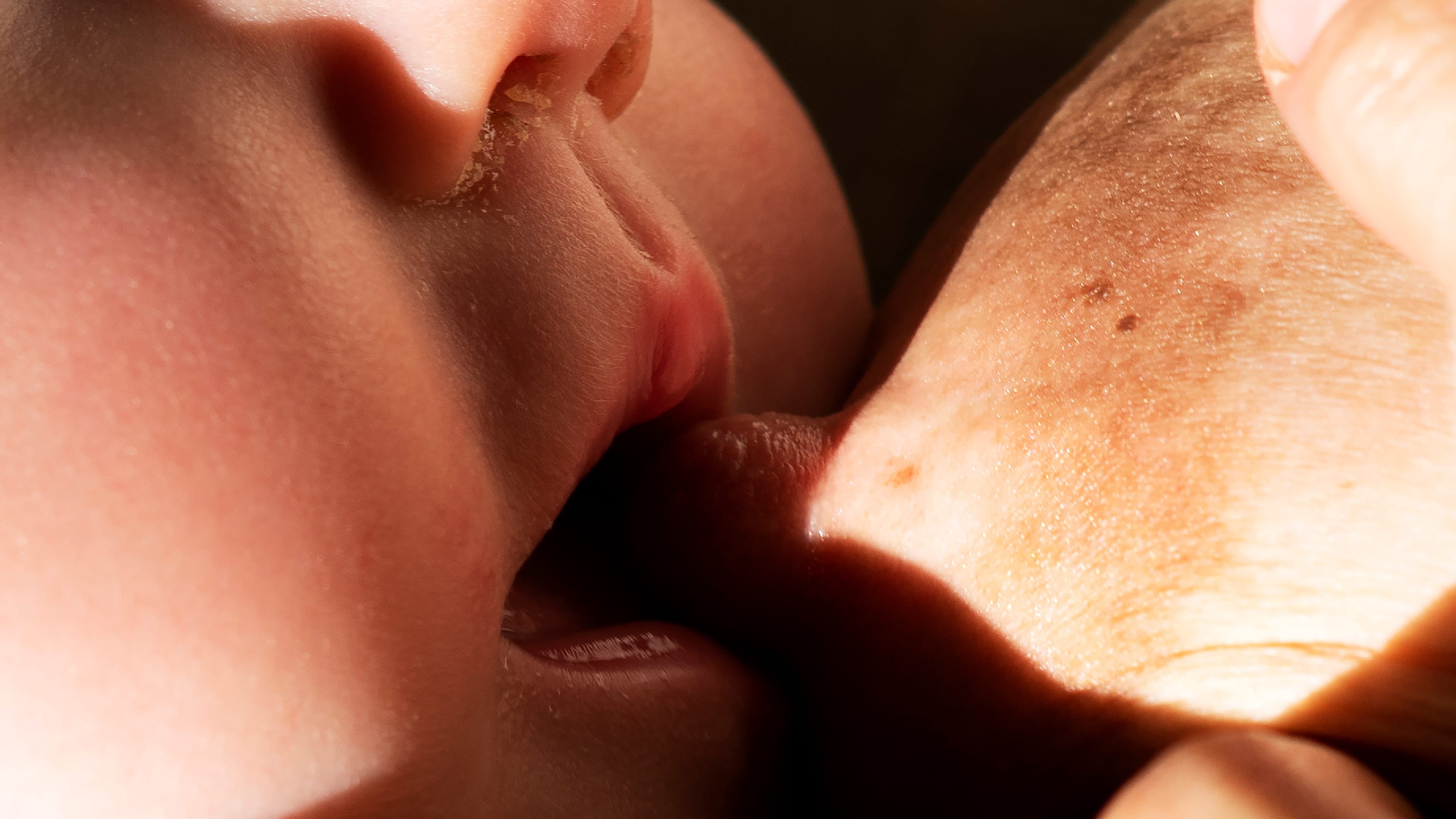 Human milk is the first intelligent superfood. We need to know the science of this medicinal marvel
“The science of what happens between boob and baby is fundamental. An astonishing – though little understood – product of human evolution. It’s in the interests of humankind, of our species, to respect this interaction.”
98% of insects have a PR problem. And that’s bad news for all of us
We’re taught to care about animals like these: 🐶 🐱 🐼, but not the heroic ant 🐜, who cleans up the equivalent of 60,000 hot dogs off the streets of Manhattan every year, or the majestic dung beetle, without whom, large swathes of Australian grassland would be covered in poop💩 4/
Human milk is the first intelligent superfood. We need to know the science of this medicinal marvel
“The science of what happens between boob and baby is fundamental. An astonishing – though little understood – product of human evolution. It’s in the interests of humankind, of our species, to respect this interaction.”
98% of insects have a PR problem. And that’s bad news for all of us
We’re taught to care about animals like these: 🐶 🐱 🐼, but not the heroic ant 🐜, who cleans up the equivalent of 60,000 hot dogs off the streets of Manhattan every year, or the majestic dung beetle, without whom, large swathes of Australian grassland would be covered in poop💩 4/
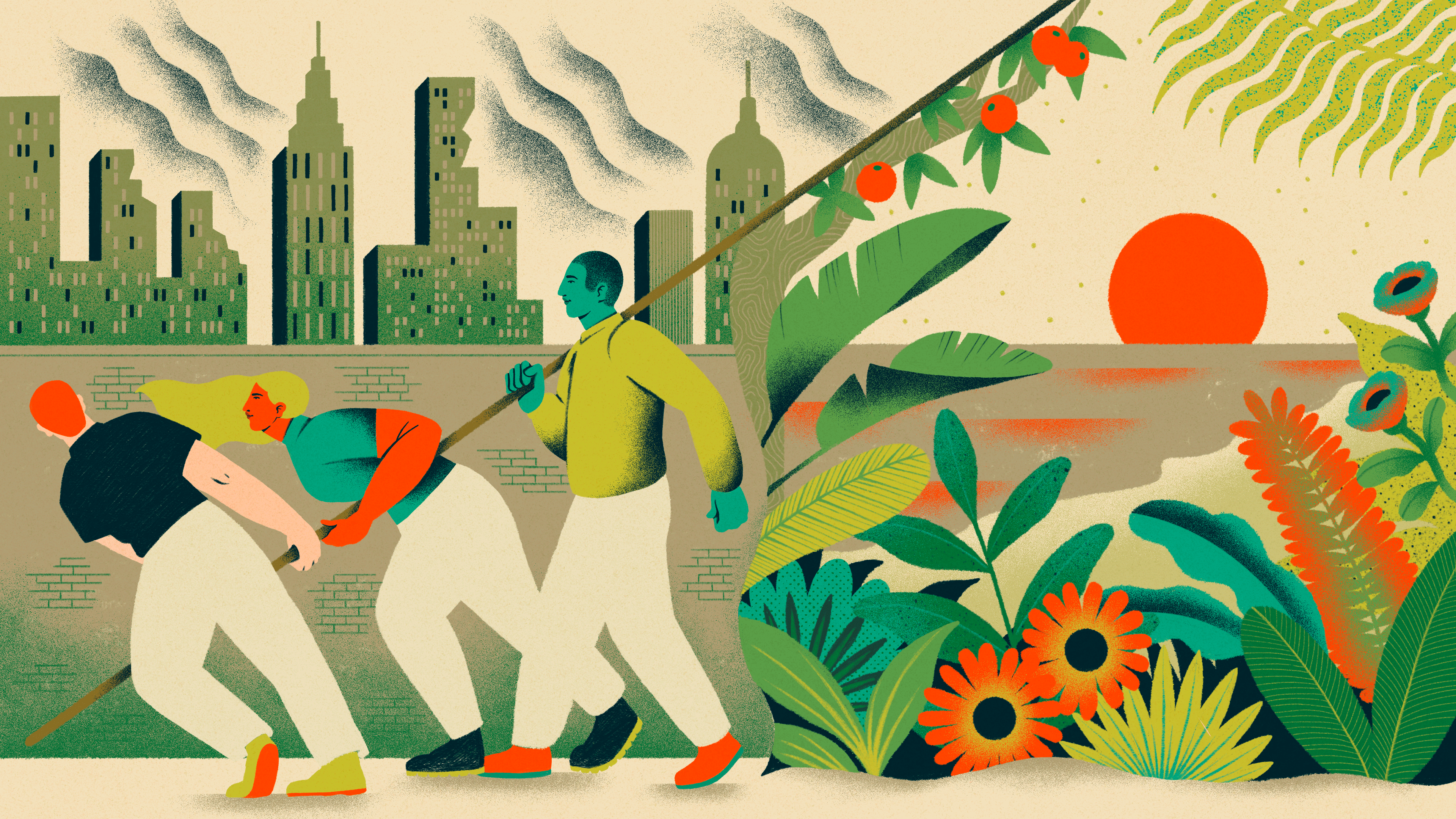 Mutual aid is sweeping the world. Here’s how we make this anarchist way of organising last
Michelle Pereira illustrated the series Building Back Better, by journalist Zoe Smith, starting with this essay on mutual aid and its anarchist roots in Argentina. Illustrators read along as the series develops, drawing inspiration from the main themes within the journalism and adding depth to the journalist’s work.
Mutual aid is sweeping the world. Here’s how we make this anarchist way of organising last
Michelle Pereira illustrated the series Building Back Better, by journalist Zoe Smith, starting with this essay on mutual aid and its anarchist roots in Argentina. Illustrators read along as the series develops, drawing inspiration from the main themes within the journalism and adding depth to the journalist’s work.
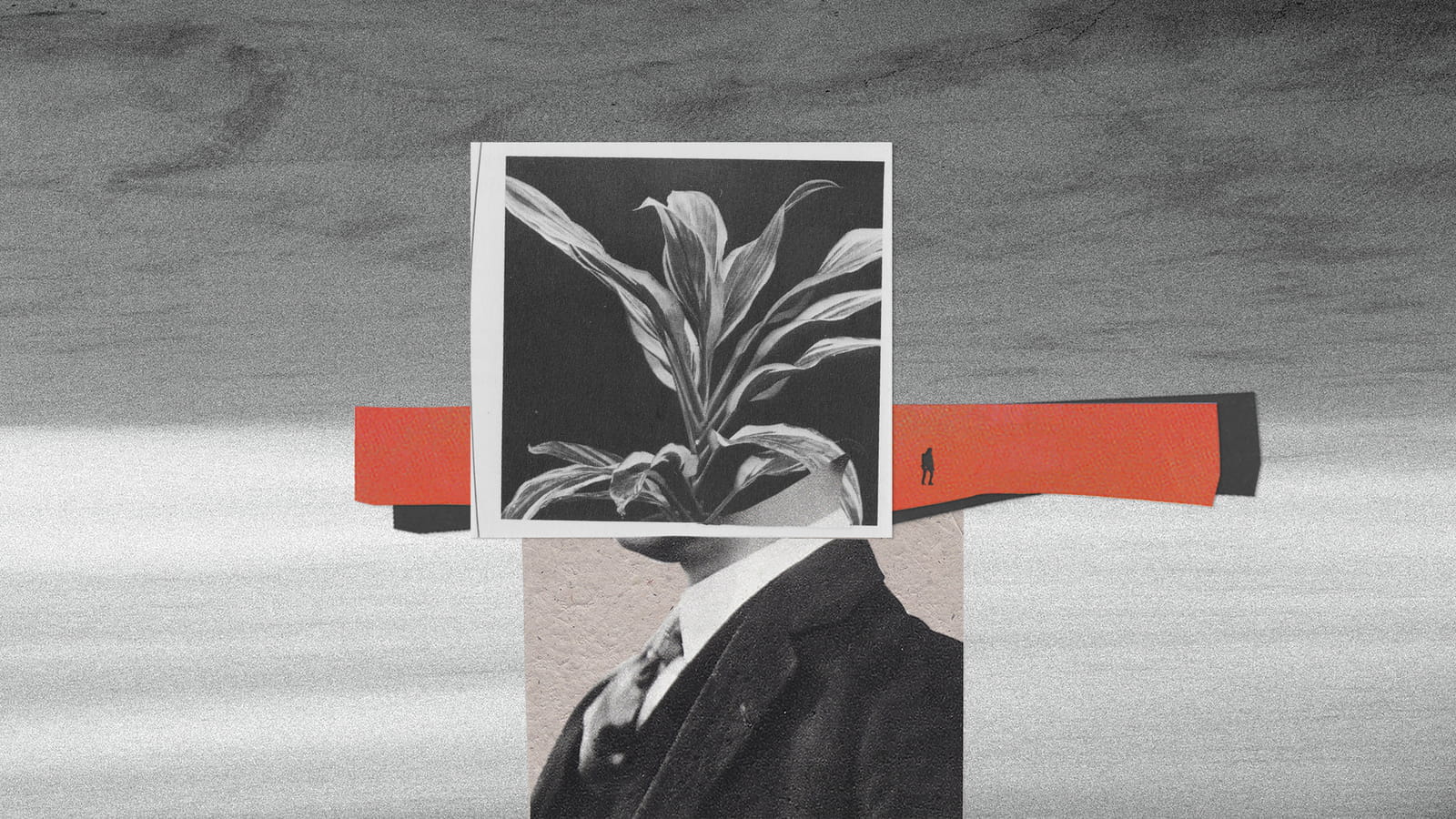 Knowing our ‘mad’ ancestors: why it’s time to look again at mental illness in history
Collage artist Lynn Brouwer depicted “madness” through collage alongside journalist Anne Thériault’s series on searching for depictions of "madness" throughout history.
Knowing our ‘mad’ ancestors: why it’s time to look again at mental illness in history
Collage artist Lynn Brouwer depicted “madness” through collage alongside journalist Anne Thériault’s series on searching for depictions of "madness" throughout history.
Speaking truth to power
No system is permanent. Here’s what challenging them can look like
Tomorrow’s world can be better than today’s – and journalism can be part of that change. By telling stories about those who speak truth to power, we can progress.
 The alt-right has taken the political centre. It’s not too late to win it back
A new incarnation of right-wing politics has taken hold of the mainstream. Its ideas and language, funded by billionaires, have been carried by politicians and pundits out of the fringes. Now that we can map this extensive network more fully, we can fight it.
2019 was a year of global unrest. Here’s what protesters want you to know
"One of the important prerequisites of the authoritarian context … is to be able to mobilise people who are typically disinterested in politics."
The alt-right has taken the political centre. It’s not too late to win it back
A new incarnation of right-wing politics has taken hold of the mainstream. Its ideas and language, funded by billionaires, have been carried by politicians and pundits out of the fringes. Now that we can map this extensive network more fully, we can fight it.
2019 was a year of global unrest. Here’s what protesters want you to know
"One of the important prerequisites of the authoritarian context … is to be able to mobilise people who are typically disinterested in politics."Ales Herasimenka researches anti-authoritarian protest movements and joined us from Belarus to share his expertise in building and sustaining social movements. 2019 was a year of global unrest. Here’s what protesters want you to know "We need new narratives and alternative ways of relationship between people and nature."
An activist who goes by the pseudonym Ning1no, joined us from Mexico to share their experience on why protest movements must change radically to be effective in the future.
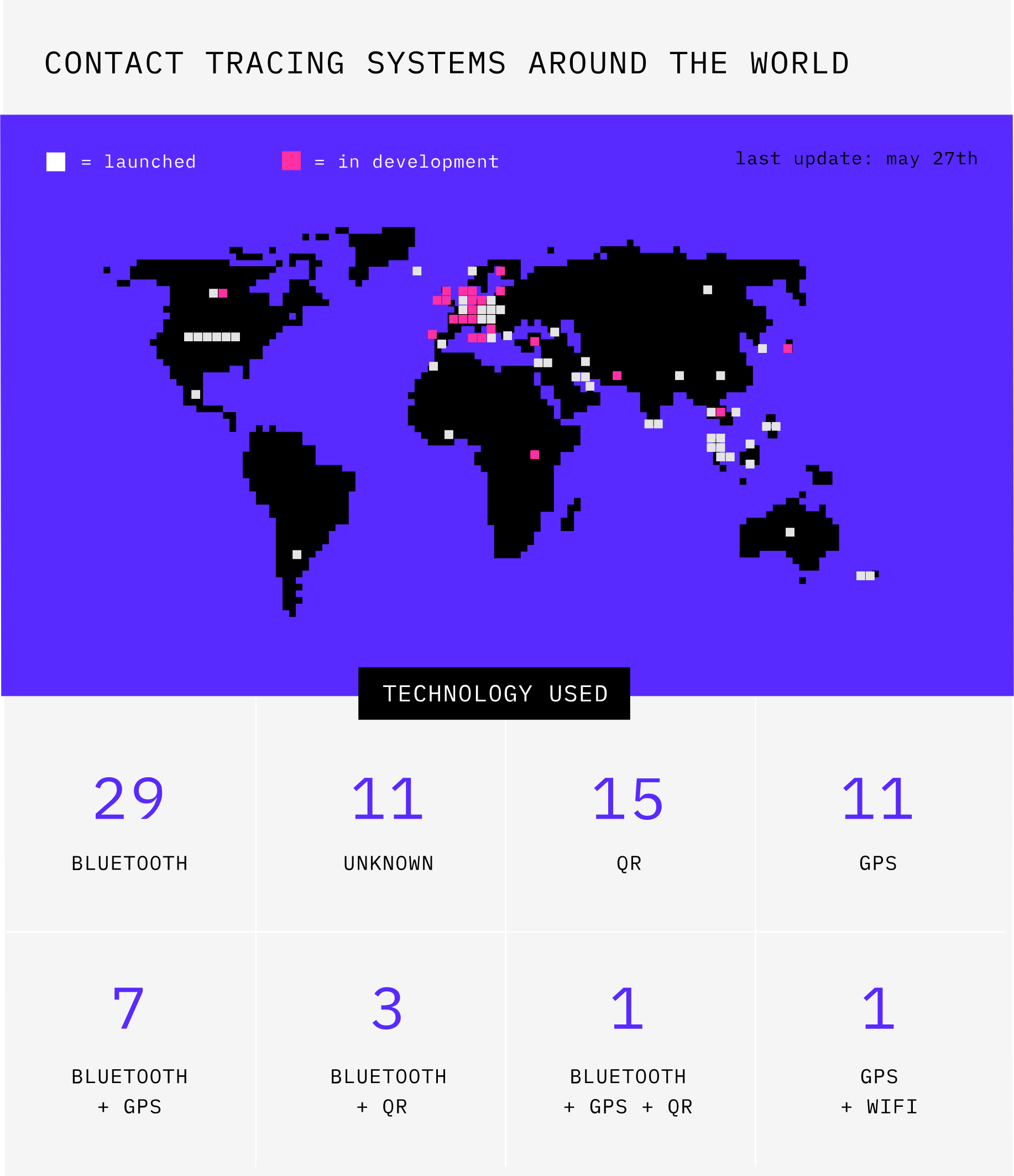 We were told technology would end Covid-19 lockdowns, but the truth is there’s no app for that
When the pandemic hit, governments started building Covid-19 tracking apps. We started tracking these apps and their implementation around the world, with an international collaboration of journalists.
We were told technology would end Covid-19 lockdowns, but the truth is there’s no app for that
When the pandemic hit, governments started building Covid-19 tracking apps. We started tracking these apps and their implementation around the world, with an international collaboration of journalists.
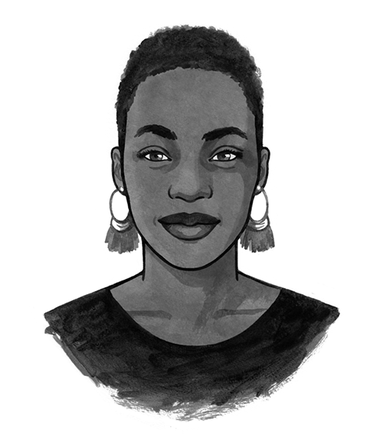 No matter what you think of protesters, you have them to thank for society’s progress
“Any effort to fight discrimination requires some level of disruption.”
No matter what you think of protesters, you have them to thank for society’s progress
“Any effort to fight discrimination requires some level of disruption.”Othering correspondent OluTimehin Adegbeye examines the need for protest through the lens of the #RhodesMustFall protests in South Africa.
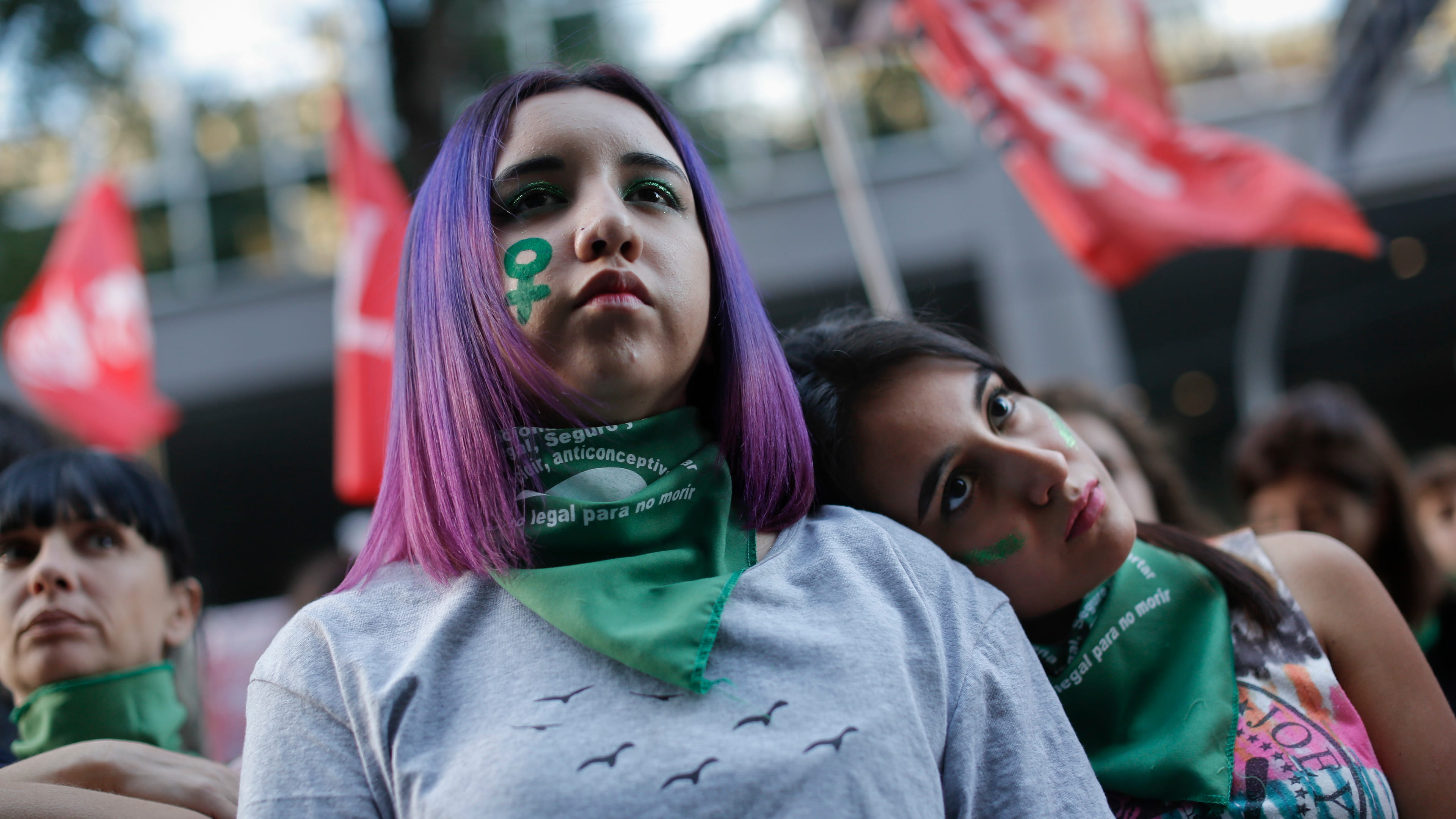 The birth of a movement: how activists are winning the battle to make abortion a right
The birth of a movement: how activists are winning the battle to make abortion a right
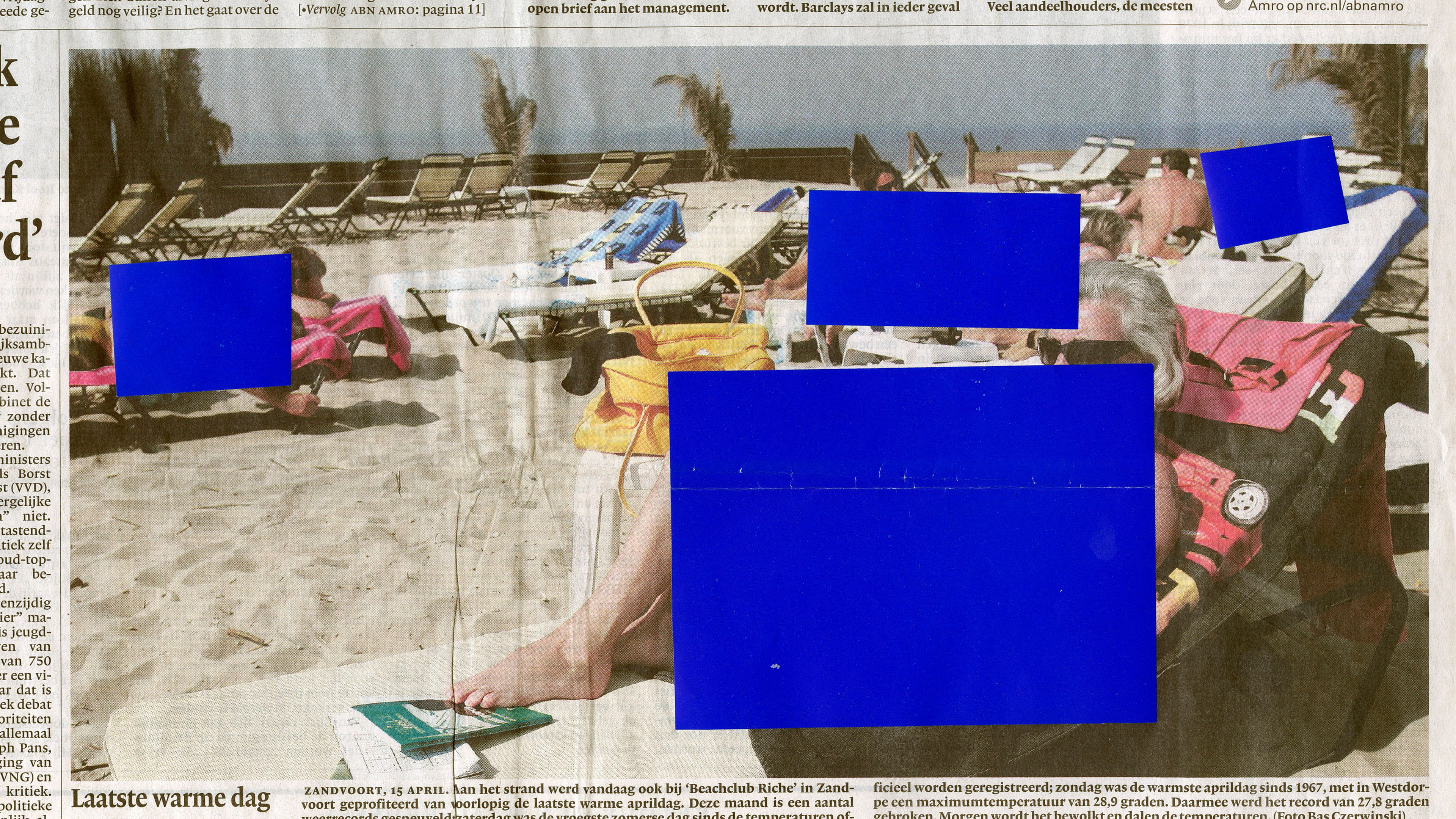 How governments use the internet to crush online dissent
"Every time Thomas Erdbrink’s copy of Dutch newspaper NRC Handelsblad landed on his doormat in Tehran, its contents had already been inspected. Iranian civil servants were tasked with opening the paper, and applying blue tape to cover up images that failed to meet the censor’s standards. Photographs were left intact as much as possible, with only the offending details obscured." (Lise Straatsma, image editor).
How governments use the internet to crush online dissent
"Every time Thomas Erdbrink’s copy of Dutch newspaper NRC Handelsblad landed on his doormat in Tehran, its contents had already been inspected. Iranian civil servants were tasked with opening the paper, and applying blue tape to cover up images that failed to meet the censor’s standards. Photographs were left intact as much as possible, with only the offending details obscured." (Lise Straatsma, image editor).From the series Censorship Daily by Jan Dirk van der Burg, published alongside an essay on government control online.
 This Bolivian organiser shows us: we can solve the world’s problems without politicians
“The cardinal lesson that Oscar Olivera teaches us: it’s better to lead – and to learn how to lead – as a community, than to remain ignorant and powerless by committing to follow a leader.”
This Bolivian organiser shows us: we can solve the world’s problems without politicians
“The cardinal lesson that Oscar Olivera teaches us: it’s better to lead – and to learn how to lead – as a community, than to remain ignorant and powerless by committing to follow a leader.”Political Literacy correspondent Patrick Chalmers interviewed Bolivian organiser Oscar Olivera to find out: does the arc of progress bend towards democracy?
The story of us
The good, the bad, and the downright mind-boggling experiences of being human
Are there any creatures on this Earth as perplexing as human beings? Our journalism seeks to uncover the foundations of the societies we shape and share in order to discover what unites us, what divides us, and what it all means.
Here’s a look at who we are, in all our complexity.
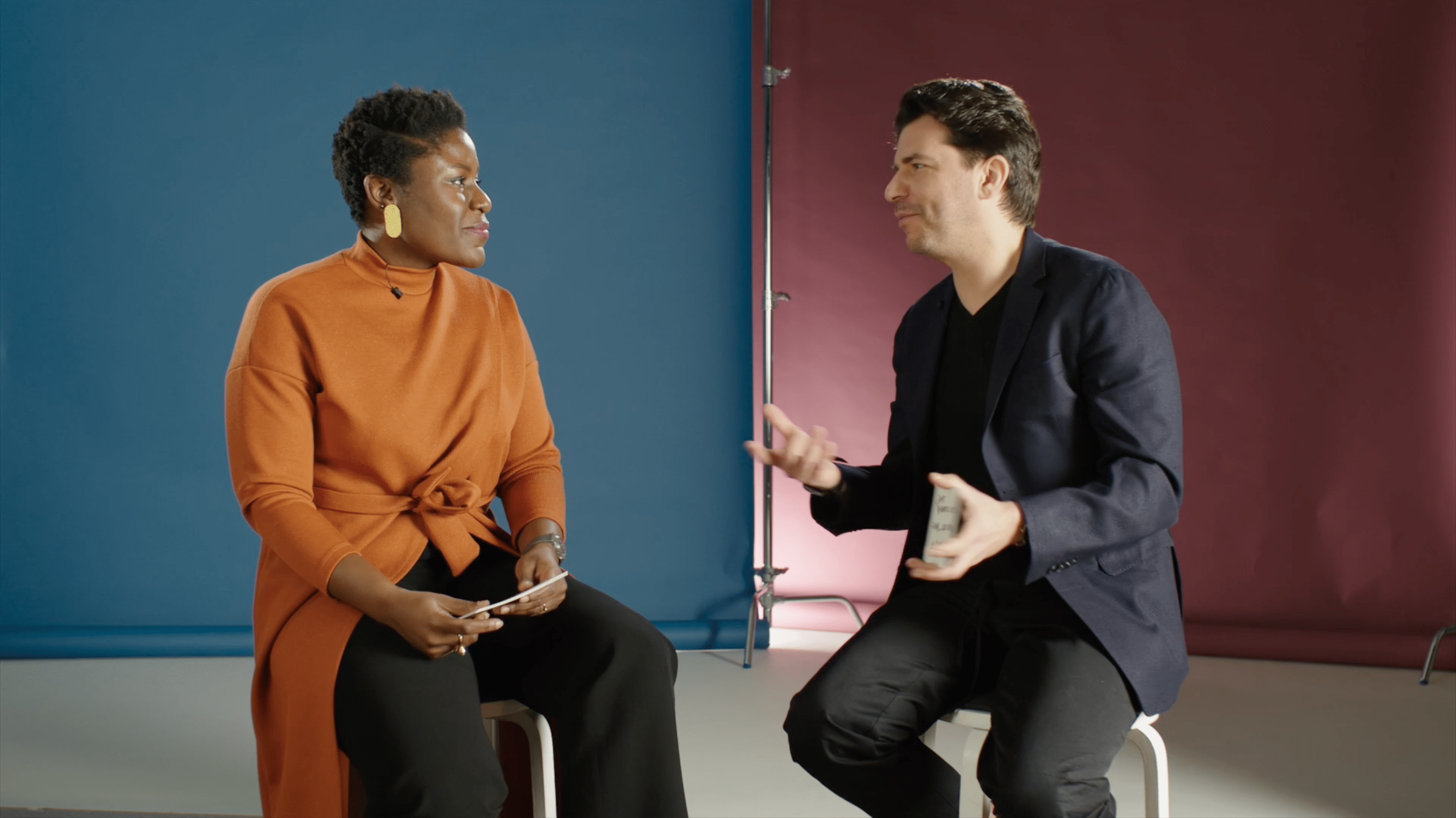 What in the world is transnational, collaborative, constructive journalism?
We do things a little differently at The Correspondent, so founding editor Rob Wijnberg and managing editor Eliza Anyangwe sat down to answer some of the most frequently asked questions about our journalism and principles.
What in the world is transnational, collaborative, constructive journalism?
We do things a little differently at The Correspondent, so founding editor Rob Wijnberg and managing editor Eliza Anyangwe sat down to answer some of the most frequently asked questions about our journalism and principles.
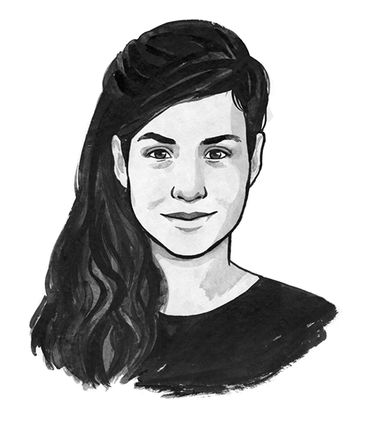 How we turned into batteries (and the economy forces us to recharge)
“For that, of course, is the great irony of the human-as-battery metaphor: we must take time to recharge in order to avoid burning out so that we can work longer, harder, and more efficiently in service of the very system that is draining us.”
How we turned into batteries (and the economy forces us to recharge)
“For that, of course, is the great irony of the human-as-battery metaphor: we must take time to recharge in order to avoid burning out so that we can work longer, harder, and more efficiently in service of the very system that is draining us.”
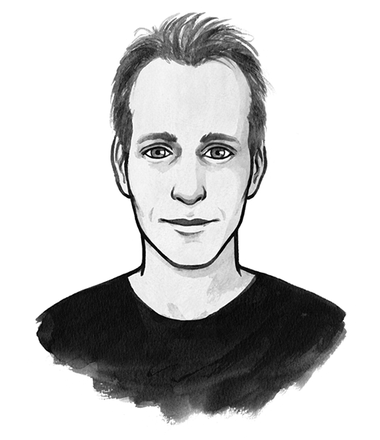 The curious tale of the football international nobody ever heard of (because he was born in the wrong month)
“Steve had always told Jamie that he was a late bloomer; that his chances would come; that he had to be patient. He didn’t tell Jamie what he actually thought: that the system discriminated against him.”
The curious tale of the football international nobody ever heard of (because he was born in the wrong month)
“Steve had always told Jamie that he was a late bloomer; that his chances would come; that he had to be patient. He didn’t tell Jamie what he actually thought: that the system discriminated against him.”Here’s a radical idea that will change policing, transform prisons and reduce crime: treat criminals like human beings “In Norway, where 40% of prison guards are women, all guards complete a two-year training programme: they’re taught that it’s better to make friends with inmates than to patronise and humiliate them.”
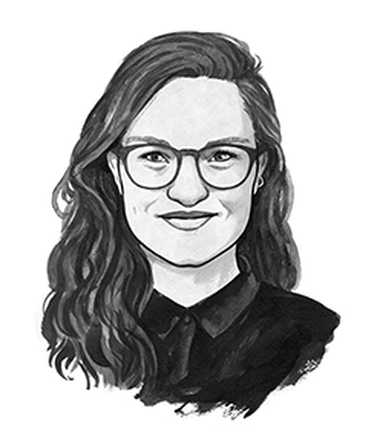 Kneading sanity and stability: why bread broke the internet
“It is poetic, and perfectly awful, and maybe inevitable that right now, as civilisation itself – schools and businesses and supply chains and geopolitics – grinds to a halt in the face of a worldwide pandemic, that humanity would turn once again to the grain that made civilisation possible.”
Trapping ghosts: photographs don’t lock us to loss, they remind us to live
“A photograph is the evidence of our determined and futile attempts to defy time, to always be here and there, to be alive.”
Thinking again about civility. Why are some folks more angered say by looting than they are by police brutality?
Kneading sanity and stability: why bread broke the internet
“It is poetic, and perfectly awful, and maybe inevitable that right now, as civilisation itself – schools and businesses and supply chains and geopolitics – grinds to a halt in the face of a worldwide pandemic, that humanity would turn once again to the grain that made civilisation possible.”
Trapping ghosts: photographs don’t lock us to loss, they remind us to live
“A photograph is the evidence of our determined and futile attempts to defy time, to always be here and there, to be alive.”
Thinking again about civility. Why are some folks more angered say by looting than they are by police brutality?
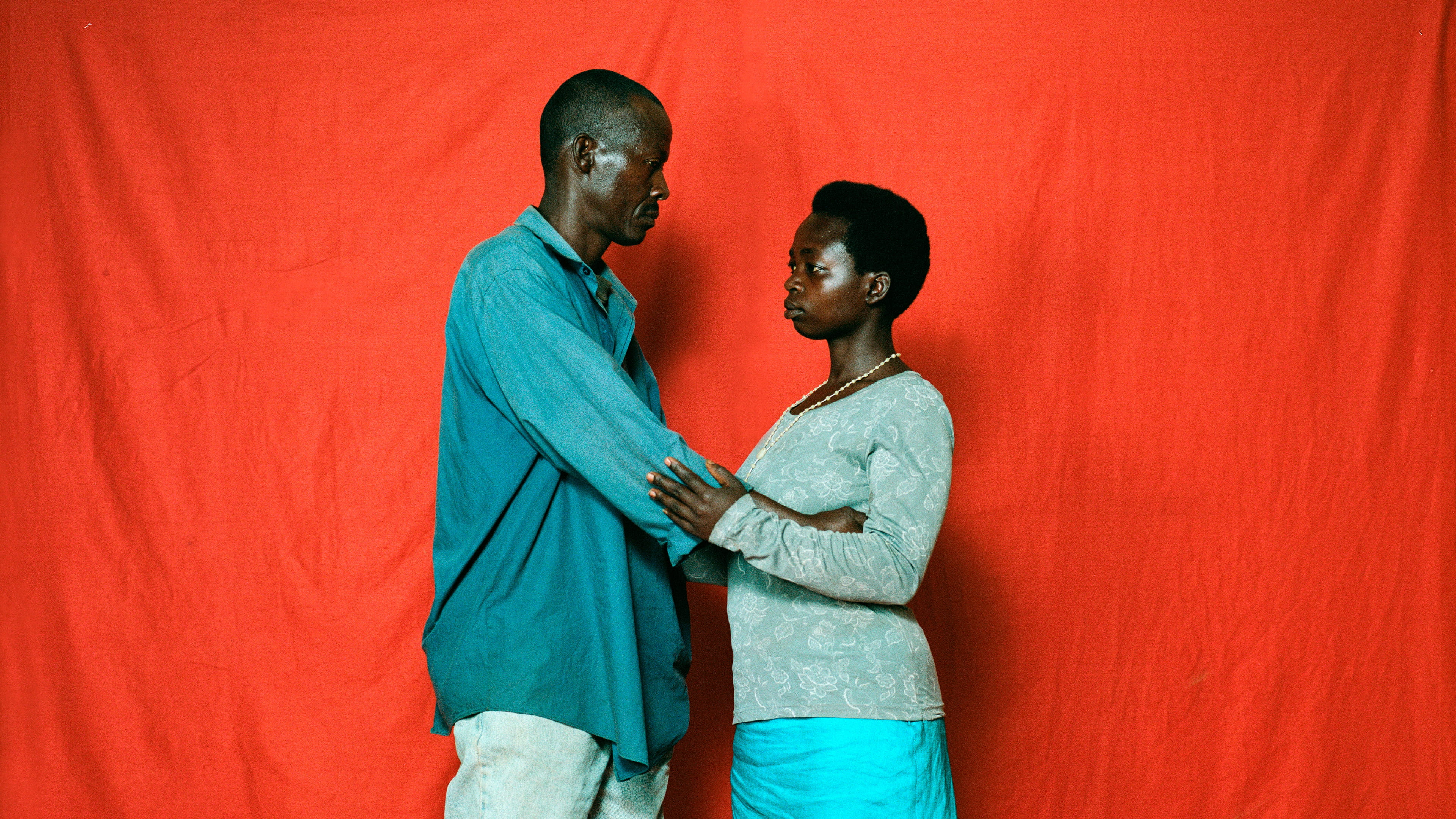 Science shows forgiveness really is a medicine
What does forgiveness look like? For her series Anatomy of Forgiveness (2014), Croatia-born photographer Lana Mesić photographed victims and perpetrators of the genocide that took place over 20 years ago in Rwanda. The resulting portraits show how discomfort, anger and sadness can live alongside the act of forgiving. (Lise Sraatsma, image editor)
Science shows forgiveness really is a medicine
What does forgiveness look like? For her series Anatomy of Forgiveness (2014), Croatia-born photographer Lana Mesić photographed victims and perpetrators of the genocide that took place over 20 years ago in Rwanda. The resulting portraits show how discomfort, anger and sadness can live alongside the act of forgiving. (Lise Sraatsma, image editor)
Design and development by Luka van Diepen and Heleen Emanuel

